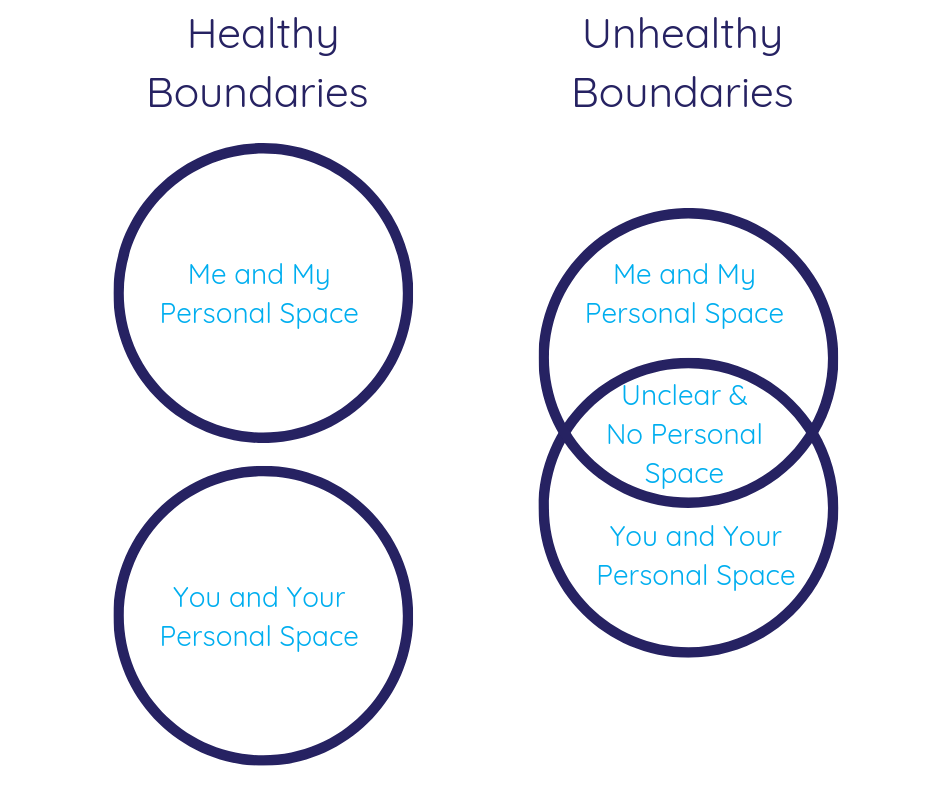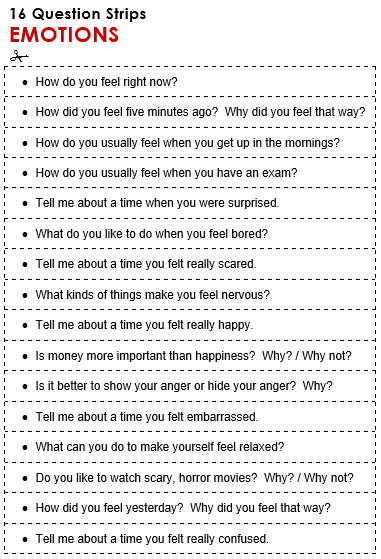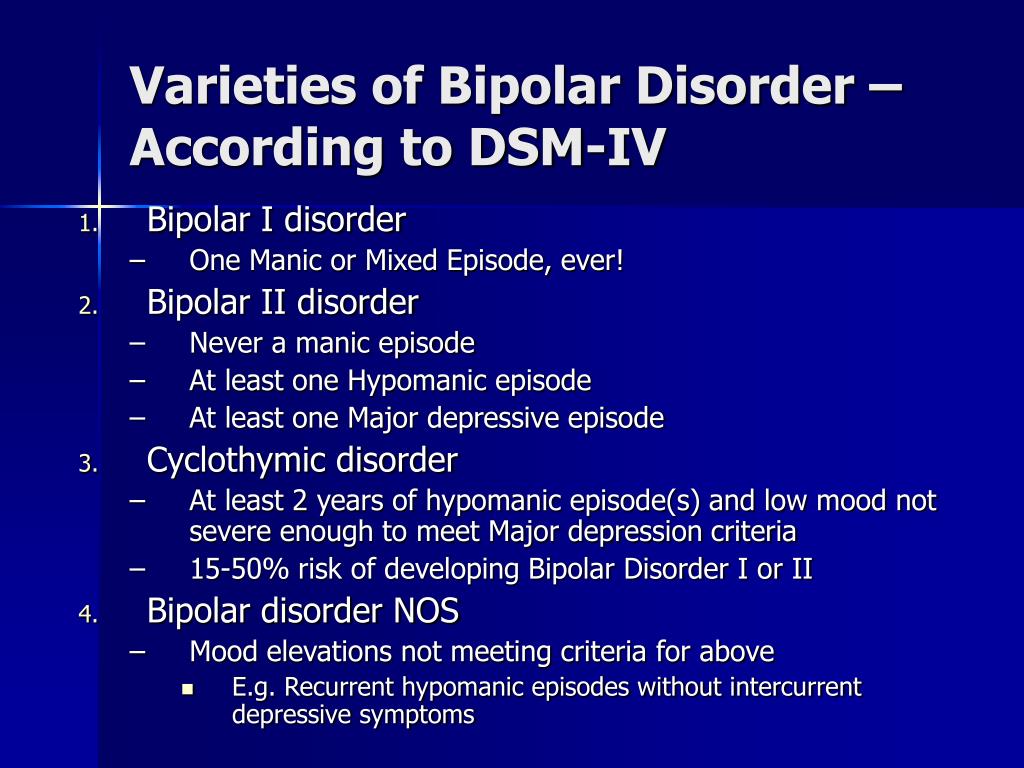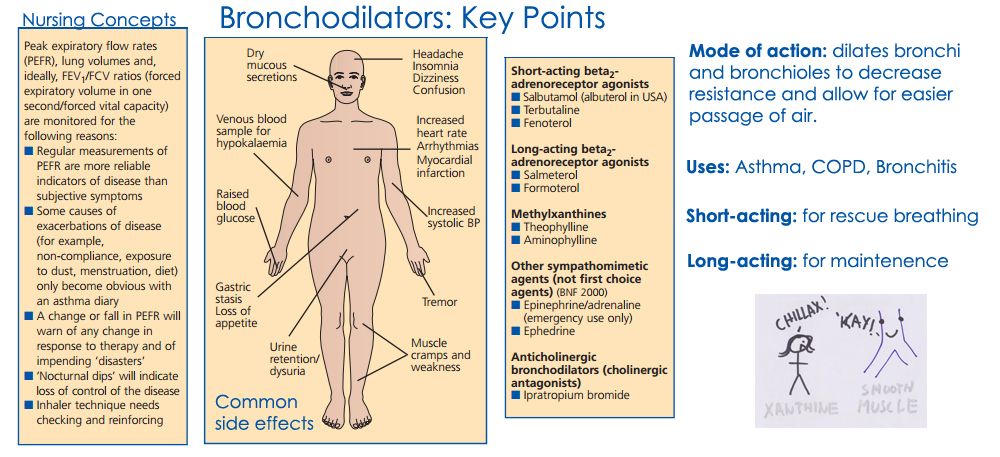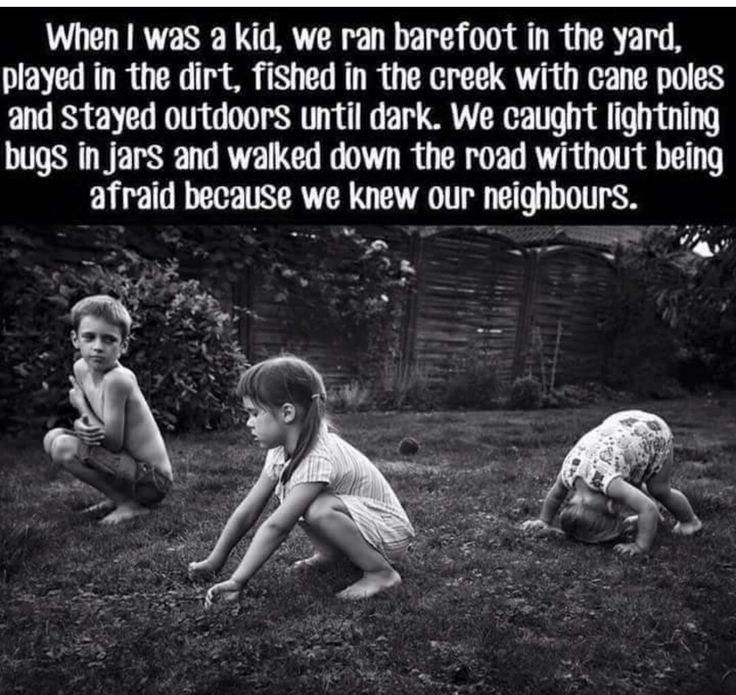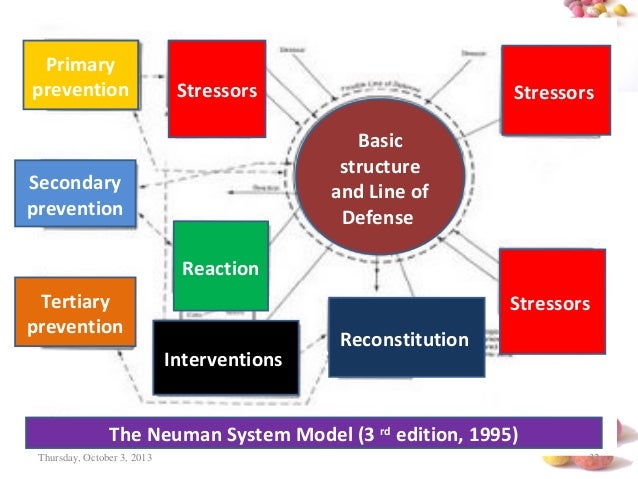How to know if you are in a controlling relationship
20 Signs of a Controlling Partner
In my years as a psychologist and now as a mental health podcast host, I've long since learned that stereotypes don't apply when it comes to controlling partners. Toxic relationships can sneak up on almost anyone. And controlling behavior on the part of a partner knows no boundaries—people of any age, gender, sexual orientation, or socioeconomic status can be in controlling relationships, playing either role.
Many of us visualize a controlling partner as one who openly berates everyone in their path, is physically aggressive, or constantly makes overt threats or ultimatums. We picture the grumpy bully who belittles every server he or she encounters or commands their partner how to dress from head to toe. While those signs are indeed troubling, there are many additional signs that might show up quite differently.
In fact, some controlling partners are acting out of a sense of emotional fragility and heightened vulnerability, and may perhaps show traits of Rejection Sensitive Dysphoria. Controlling people use a whole arsenal of tools in order to dominate their partners—whether they or their partners realize what's happening or not.
Sometimes, the emotional manipulation is complex enough that the person who is being controlled actually believes that they themselves are the villain, or that they are extremely lucky that their controlling partner "puts up" with them. Whether controlling behavior leads to more severe emotional or physical abuse or not, it is not a healthy situation.
If you notice more than a couple of these signs within your relationship or your partner, take it seriously. (If you are concerned for your safety or want to learn more about possibly abusive relationship patterns, visit thehotline.org.)
1. Isolating you from friends and family. It may start subtly, but this is often a first step for a controlling person. Maybe they complain about how often you talk to your brother on the phone, or say they don't like your best friend and don't think you should hang out with her anymore.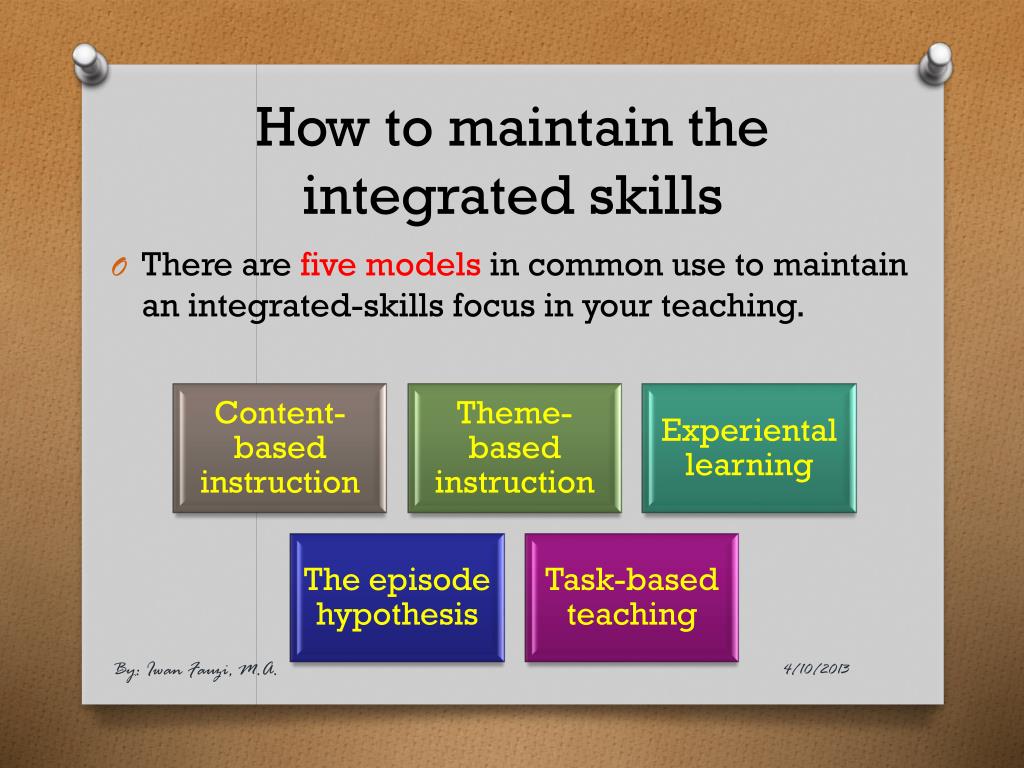 Or they try to turn you against anyone that you're used to relying on for support besides them. Their goal is to strip you of your support network, and thus your strength—so that you will be less likely or able to stand up against them whenever they want to "win."
Or they try to turn you against anyone that you're used to relying on for support besides them. Their goal is to strip you of your support network, and thus your strength—so that you will be less likely or able to stand up against them whenever they want to "win."
2. Chronic criticism—even for small things. Criticism, like isolation, is also something that can start small. In fact, someone may try to convince themselves that their partner's criticism of them is warranted, or that their partner is just trying to help them be a better person. Or they may try to rationalize it, saying that it's not such a big deal that he or she doesn't like the way they dress or speak or eat or decorate their house and that they shouldn't take it personally. But ultimately, no matter how individually small a criticism seems, if it's part of a constant dynamic within your relationship, it would be very tough to feel accepted, loved, or validated. If every little thing you do could use improvement in your partner's eyes, then how are you being valued as a true equal, let alone loved unconditionally?
3.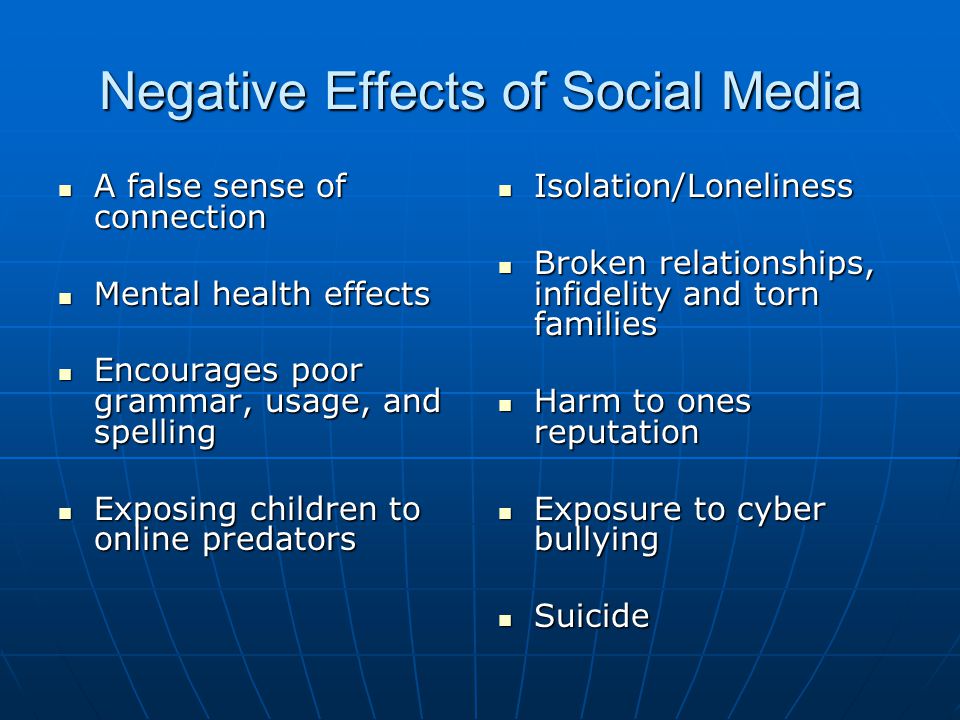 Veiled or overt threats, against you or them. Some people think that threats have to be physical in nature to be problematic. But threats of leaving, cutting off "privileges," or even threats by the controlling person to harm herself or himself can be every bit as emotionally manipulative as the threat of physical violence. It is not unheard of for the partner being controlled to feel stuck in a relationship not out of fear that they themselves will be harmed, but that their partner may self-destruct or harm themselves if they were to leave. Other times, a person may be threatened with losing their home, access to their children, or financial support if they leave a controlling or abusive partner (or are left by them). Whether or not the threats are genuine, it is just another way for the controlling person to get what they want at the expense of their partner.
Veiled or overt threats, against you or them. Some people think that threats have to be physical in nature to be problematic. But threats of leaving, cutting off "privileges," or even threats by the controlling person to harm herself or himself can be every bit as emotionally manipulative as the threat of physical violence. It is not unheard of for the partner being controlled to feel stuck in a relationship not out of fear that they themselves will be harmed, but that their partner may self-destruct or harm themselves if they were to leave. Other times, a person may be threatened with losing their home, access to their children, or financial support if they leave a controlling or abusive partner (or are left by them). Whether or not the threats are genuine, it is just another way for the controlling person to get what they want at the expense of their partner.
4. Making acceptance/caring/attraction conditional. "I love you so much more when you're making those sales at work. " "I don't feel like being intimate with you. But if you keep working out and lose a bit more weight, you'll be more attractive to me." "If you can't even be bothered to make dinner, I don't even know what I'm getting from this relationship." "You'd be hot if only you spent more time on your hair." "If you'd actually finished college, you'd have something to talk about with my friends and wouldn't feel so left out." Though some of these examples are more blatant than others, the message is the same: You, right now, are not good enough. It's the common-denominator theme of many a controlling relationship.
" "I don't feel like being intimate with you. But if you keep working out and lose a bit more weight, you'll be more attractive to me." "If you can't even be bothered to make dinner, I don't even know what I'm getting from this relationship." "You'd be hot if only you spent more time on your hair." "If you'd actually finished college, you'd have something to talk about with my friends and wouldn't feel so left out." Though some of these examples are more blatant than others, the message is the same: You, right now, are not good enough. It's the common-denominator theme of many a controlling relationship.
5. An overactive scorecard. Healthy, stable relationships have a sense of reciprocity built into them. It's inherent that you will look out for each other, and not bean-count every little time you do something to help the other out. If your partner always keeps a tally of every last interaction within your relationship—whether to hold a grudge, demand a favor in return, or be patted on the back—it could very well be their way of having the upper hand. And it can be downright exhausting.
And it can be downright exhausting.
6. Using guilt as a tool. Many controlling people are skilled manipulators at making their partner's own emotions work in the controlling person's favor. If they can manipulate their partners into feeling a steady stream of guilt about everyday goings-on, then a lot of the controlling person's work is done for them—their partners will gradually try to do whatever they can to not have to feel guilty. Often this means relenting and giving up power and their own dissenting opinion within the relationship, which plays right into the controlling person's hands.
7. Creating a debt you're beholden to. Controlling people may come on very strongly in the beginning with seemingly romantic gestures. But upon closer inspection, many of those gestures—extravagant gifts, expectations of serious commitment early on, taking you for luxurious meals or on adventurous outings, letting you have full use of their car or home when they're not there—can be used to control you. Specifically, they create an expectation of you giving something in return, or a sense that you feel beholden to that person because of all they've given you. This can make it more emotionally and logistically difficult to escape when further warning bells go off.
Specifically, they create an expectation of you giving something in return, or a sense that you feel beholden to that person because of all they've given you. This can make it more emotionally and logistically difficult to escape when further warning bells go off.
8. Spying, snooping, or requiring constant disclosure. A controlling partner typically feels that they have the right to know more than they actually do. Whether they keep their snooping secret or openly demand that you must share everything with them, it is a violation of boundaries from the get-go. Perhaps he or she checks your phone, logs into your email, or constantly tracks your Internet history, and then justifies this by saying they've been burned before, have trust issues, or the old standard: "If you're not doing anything wrong, then you shouldn't mind showing me." It's a violation of your privacy, hand-in-hand with the unsettling message that they have no interest in trusting you and instead want to take on a police-like presence within your relationship.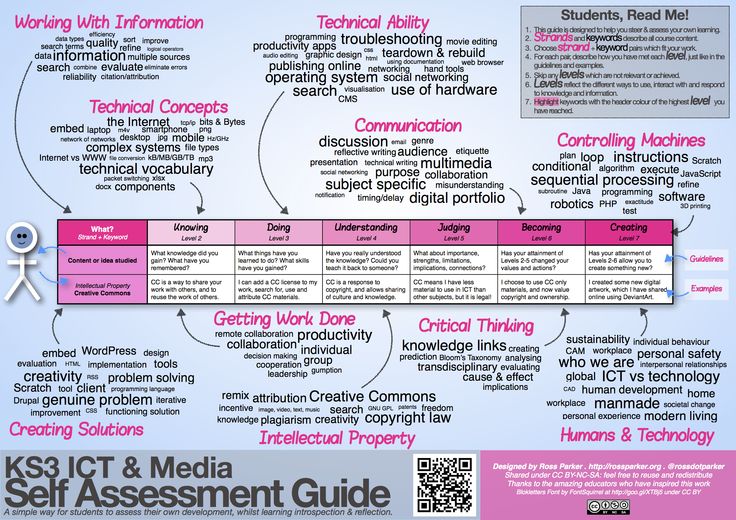
9. Overactive jealousy, accusations, or paranoia. A partner's jealousy can be flattering in the beginning; it can arguably be viewed as endearing, or a sign of how much they care or how attached they are. When it becomes more intense, however, it can be scary and possessive. A partner who views every interaction you have as being flirtatious, is suspicious or threatened by multiple people you come in contact with, or faults you for innocent interactions because they may be "leading someone on" may be insecure, anxious, competitive or even paranoid. Additionally, when this perspective becomes ingrained within your relationship, they very likely are attempting to be controlling as well.
10. Not respecting your need for time alone. It's another way of sapping your strength: making you feel guilty for time you need on your own to recharge, or making you feel like you don't love them enough when you perhaps need less time with them than they need with you.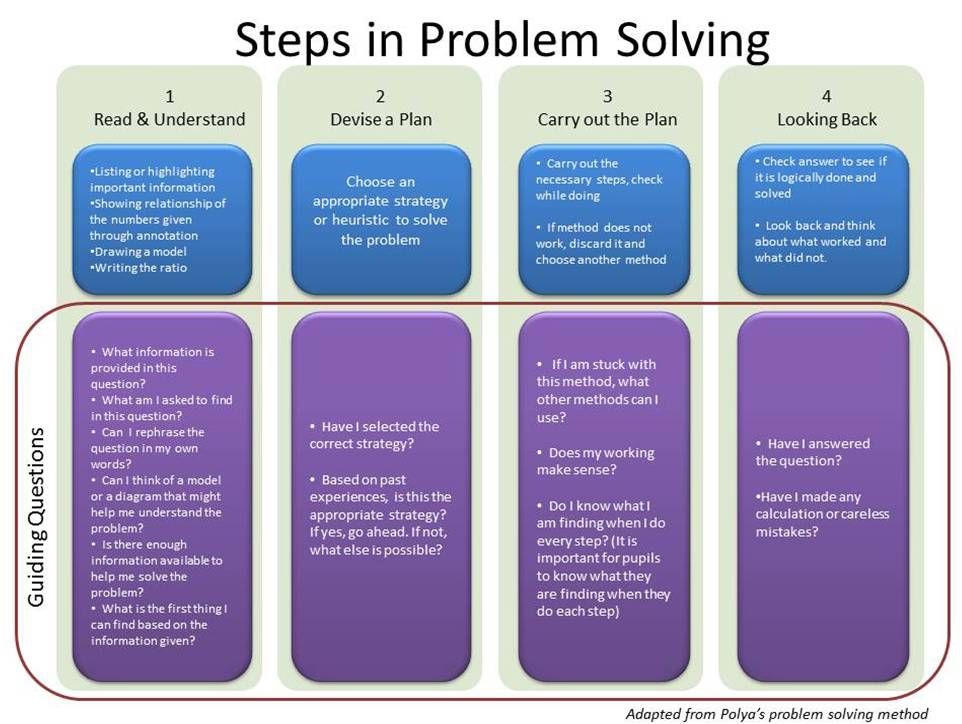 It is natural that two partners may not automatically have the exact same needs in terms of alone time, even if they are both extroverts (or introverts). In healthy relationships, communication about those needs leads to a workable compromise. In controlling ones, the person needing the alone time is made out to be a villain or denied the time altogether, taking away yet another way they can strengthen themselves.
It is natural that two partners may not automatically have the exact same needs in terms of alone time, even if they are both extroverts (or introverts). In healthy relationships, communication about those needs leads to a workable compromise. In controlling ones, the person needing the alone time is made out to be a villain or denied the time altogether, taking away yet another way they can strengthen themselves.
11. Making you "earn" trust or other good treatment. Of course, you will trust someone you've dated for five years more than you trust the person you've been seeing for a month. But some amount of trust should be assumed or inherent within the relationship. For instance, as mentioned, you shouldn't always have to detail your whereabouts for every moment of every day, nor should your partner automatically have the right to access your email or texts or Internet search history. If trust or even civil treatment is viewed as something you need to work up to rather than the default setting of the relationship, the power dynamic in your relationship is off-kilter.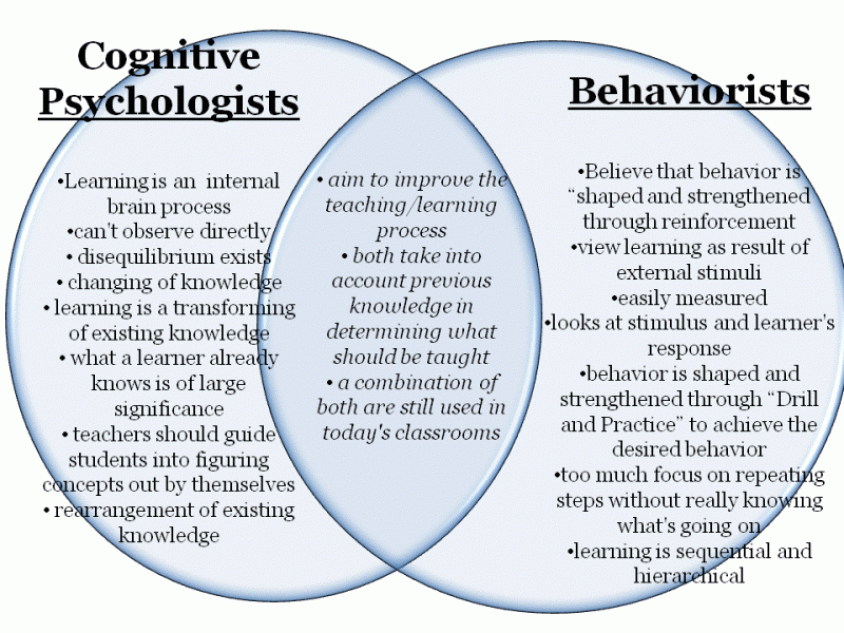
12. Presuming you're guilty until proven innocent. Again, a controlling person is often very skilled at making you feel that you've done something wrong even before you realize what you did. You may walk in the door to find them already angry about something that they found, thought about, or decided in your absence. And they may keep "evidence" of your wrongdoing to a point that you may feel they've got a whole case against you—even if you don't quite understand it. From where you put their favorite coffee mug to whether you had lunch with a coworker without them knowing, you will always be assumed to have had criminal motives. Why do they do this? To use it as justification for punishing you in some way, or preemptively trying to keep you from making that "error" again—to keep you acting in ways they want you to.
13. Getting you so tired of arguing that you'll relent. While some controlling people like to exert their influence under the radar, many others are openly and chronically argumentative and embrace conflict when they can get it.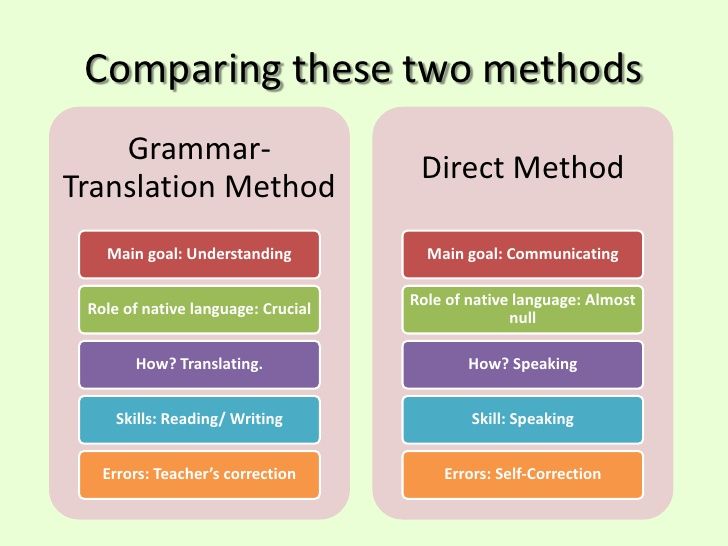 This can be especially true when their partner is more passive and the controlling person is likely to triumph in every disagreement that comes up, just because the partner being controlled is more conflict-avoidant in nature or simply exhausted from the fighting that they've done.
This can be especially true when their partner is more passive and the controlling person is likely to triumph in every disagreement that comes up, just because the partner being controlled is more conflict-avoidant in nature or simply exhausted from the fighting that they've done.
14. Making you feel belittled for long-held beliefs. Maybe it's your faith or your politics. Maybe it's cultural traditions or your view of human nature. It's great when our partners can challenge us in interesting discussions and give us new ways of looking at the world. It is not great when they make you feel small, silly, or stupid, or they consistently try to change your mind about something important to you that you believe in. Openness to new experience is wonderful—but a controlling partner doesn't see it as a two-way street, and only wants you to be and think more like they do.
15. Making you feel you don't "measure up" or are unworthy of them. Whether by subtly making you feel less attractive than they are, constantly reinforcing their professional accomplishments as compared to yours, or even comparing you unfavorably to their exes, controlling people often want you to feel grateful that you are in a relationship with them.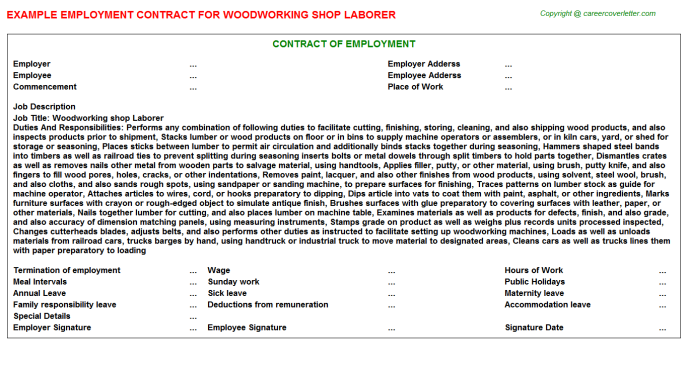 This creates a dynamic where you will be more willing to work harder and harder to keep them and make them happy—a dream for someone who wants to dominate a relationship.
This creates a dynamic where you will be more willing to work harder and harder to keep them and make them happy—a dream for someone who wants to dominate a relationship.
16. Teasing or ridicule that has an uncomfortable undercurrent. Humor and even teasing can be a fundamental mode of interacting within many long-term relationships. The key aspect is whether it feels comfortable and loving to both parties. In many controlling relationships, emotional abuse can be thinly veiled as "I was just playing with you; you shouldn't take it personally." And in one fell swoop, not only does the original criticism stand, but now an additional criticism of you having the "wrong" reaction has been levied. And you're basically being told that you don't have a right to your own feelings—a classic move by controlling people everywhere.
17. Sexual interactions that feel upsetting afterwards. An abusive or controlling dynamic within a relationship can often make its way into the bedroom. Sometimes things feel wrong even in the moment, but other times it's a pattern of feeling uncomfortable after the interaction. Either way, when you feel consistently unsettled about goings-on within your sexual realtionship, it's a sign that something is wrong.
Sometimes things feel wrong even in the moment, but other times it's a pattern of feeling uncomfortable after the interaction. Either way, when you feel consistently unsettled about goings-on within your sexual realtionship, it's a sign that something is wrong.
18. Inability or unwillingness to ever hear your point of view. You may notice that you are constantly interrupted, or that opinions you express are quickly dismissed or were never acknowledged in the first place. Perhaps the conversation is always so overwhelmingly dominated by your partner that you can't remember the last time they asked you a meaningful question about how you were doing and actually listened to the answer. Think, too, of whether you've ever tried to give them feedback about how their behavior makes you feel—and whether they've actually been able to take it in, or whether they've dismissed it out of hand (or perhaps even blamed you for having an invalid opinion.)
19.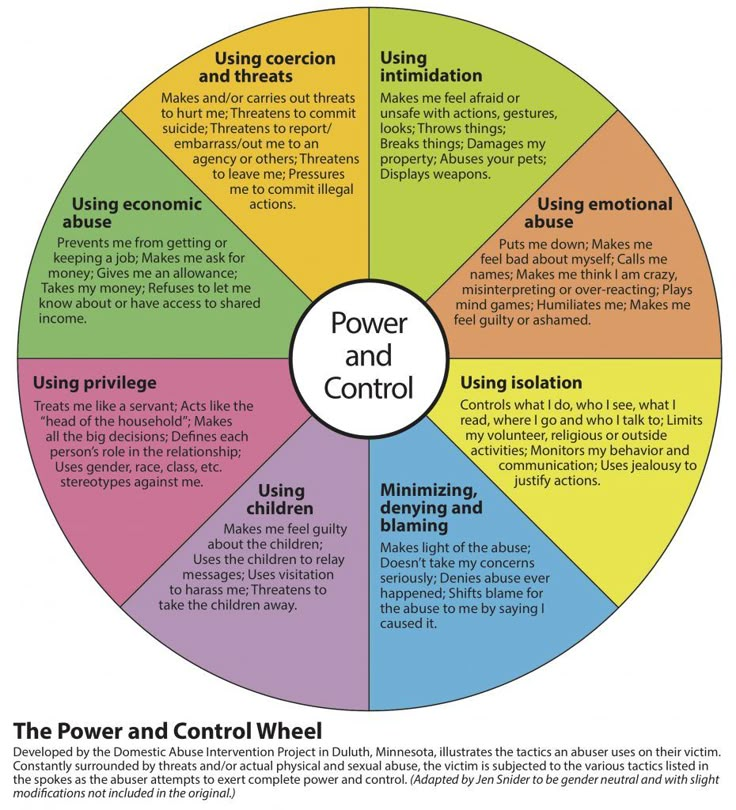 Pressuring you toward unhealthy behaviors, like substance abuse. Undermining your fitness goals, constantly tempting you with cigarettes when you've quit, not respecting your decision to only have one drink rather than three—these are all ways that controlling people can try to thwart your attempts to be a healthier (and stronger) person. Since controlling people thrive on weakening their partners, it's a natural tool for them to use.
Pressuring you toward unhealthy behaviors, like substance abuse. Undermining your fitness goals, constantly tempting you with cigarettes when you've quit, not respecting your decision to only have one drink rather than three—these are all ways that controlling people can try to thwart your attempts to be a healthier (and stronger) person. Since controlling people thrive on weakening their partners, it's a natural tool for them to use.
20. Thwarting your professional or educational goals by making you doubt yourself. Maybe you always assumed you would go to law school, but now your partner is making you feel your grades weren't good enough to get in. Maybe you used to have a lot of drive to own your own business, but your partner tends to think of your ideas as silly and you find you've lost confidence to pursue them further. Often a controlling partner has a way of using you as a weapon against yourself, by planting seeds of doubt about whether you're talented or smart or hard-working enough to make good things happen in your life.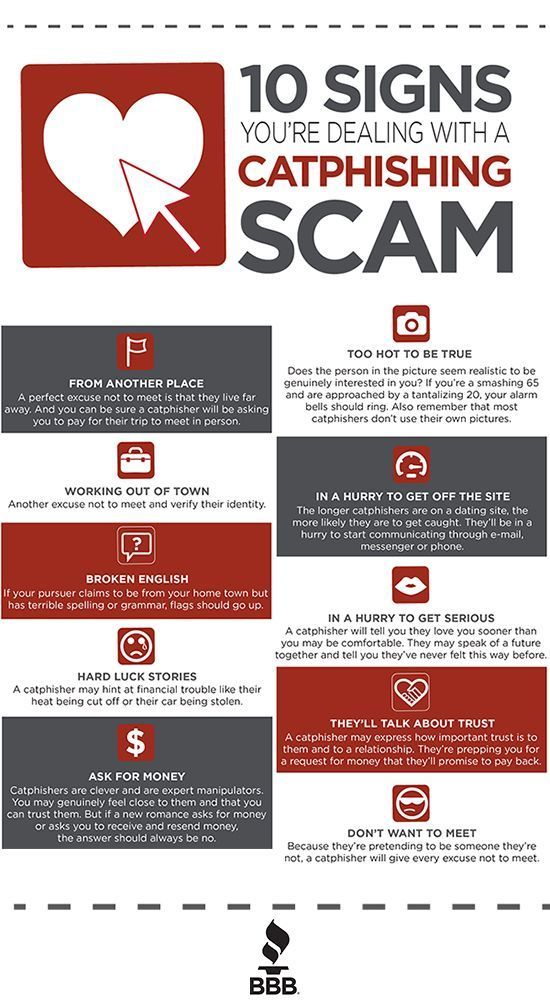 This is another way they can take away your autonomy, making you more beholden to them—and serving their purposes quite nicely.
This is another way they can take away your autonomy, making you more beholden to them—and serving their purposes quite nicely.
Facebook image: Kamil Macniak/Shutterstock
9 Signs of a Controlling Partner
A controlling partner may not always be easy to spot. While some may act overtly menacing, others may resort to subtle manipulation in an attempt to “keep you in check.”
Perhaps it started out with your girlfriend or boyfriend wanting to spend all of their time with you and learning all the details of your life.
It felt great having so much attention. But somewhere along the line, it started feeling like a bit too much for you. It’s hard to pin down exactly when.
What you do know is that you’ve been feeling increasingly hesitant about doing certain things on your own or making some decisions independently.
You seem to crave the privacy and autonomy you once had. You feel you have to calculate every move around your partner.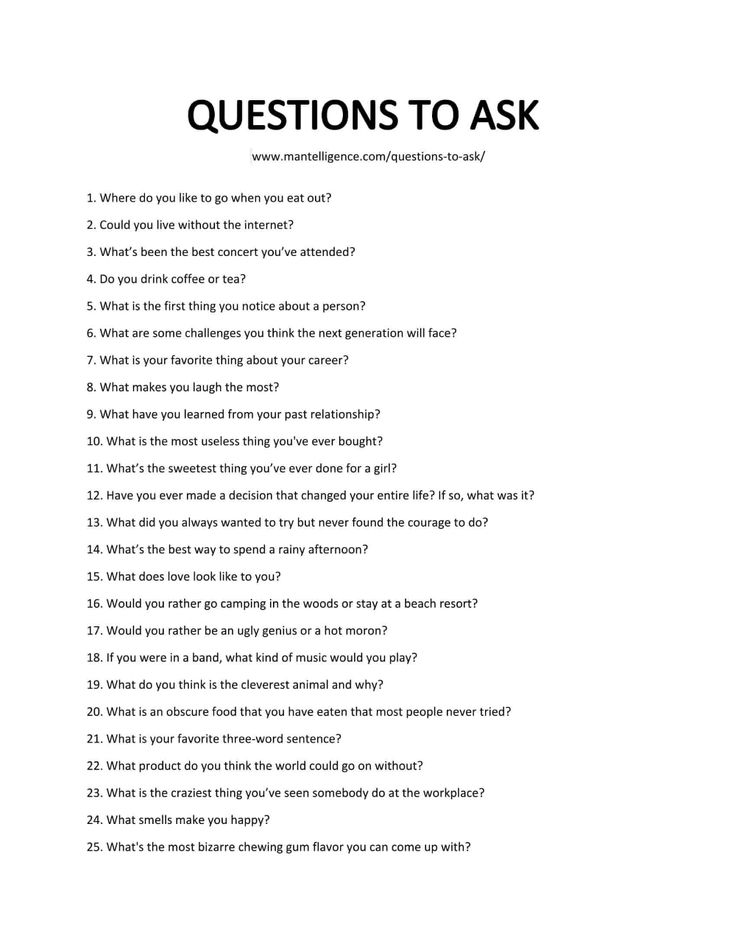
If this is the case, you might be in a controlling relationship. Control is one of many toxic behaviors you shouldn’t tolerate in a relationship.
Although the control may be obvious when your partner explicitly asks you to behave in certain ways, there are some manipulation tactics and subtler controlling ways that might lead you to feel confused and overwhelmed.
The Centers for Disease Control and Prevention (CDC) states that more than 43 million women and 38 million men have experienced psychological aggression by an intimate partner, which includes controlling behaviors.
Learning some of the signs of a controlling partner may help you make an informed and safe decision about your relationship.
If you jump into hot water, your reaction might be to rush out of it. But what happens when you step into lukewarm water and slowly turn the heat up?
This analogy may help you understand the dynamics of a controlling partner.
Some of your partner’s controlling behaviors may be so subtle or crop up so gradually that they can be hard to detect at first.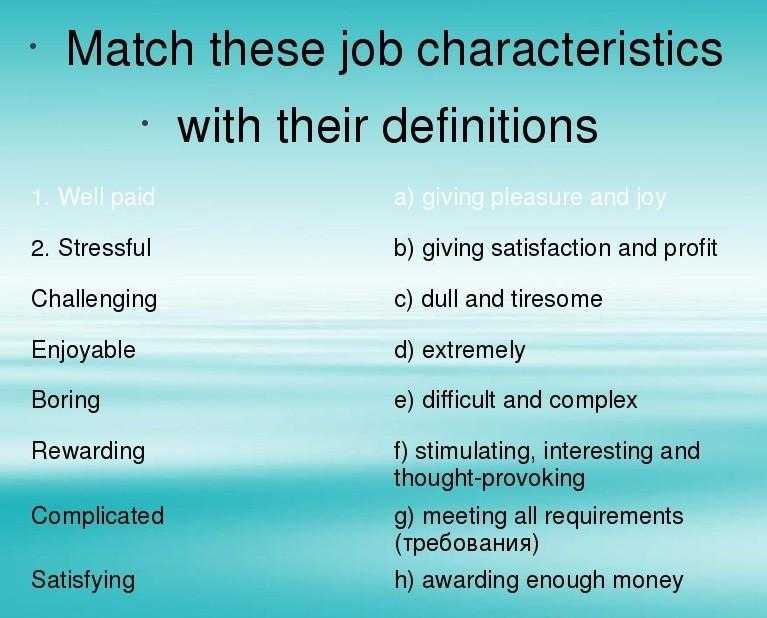 You may even start getting used to some of them. And then, one day, you may realize the water is too hot and you’re hurting.
You may even start getting used to some of them. And then, one day, you may realize the water is too hot and you’re hurting.
Not all controlling partners behave in the same way, though. There are many degrees of control, and the control may be subtly integrated into your relationship.
What really matters is how you feel about these behaviors.
Do they make you feel insecure, uncomfortable, or hand-tied about some aspects of yourself and your life? This may be a red flag in itself.
These are the most common signs of a controlling partner:
1.
They make decisions for youThere’s a blurry line between attentiveness and pressure. But it may be the latter if your partner routinely makes decisions for you. This is controlling behavior.
Perhaps they always insist on driving you everywhere, or they hog time in your schedule.
They may also make arrangements with your friends without asking you first, or they may paint or redecorate according to their taste only.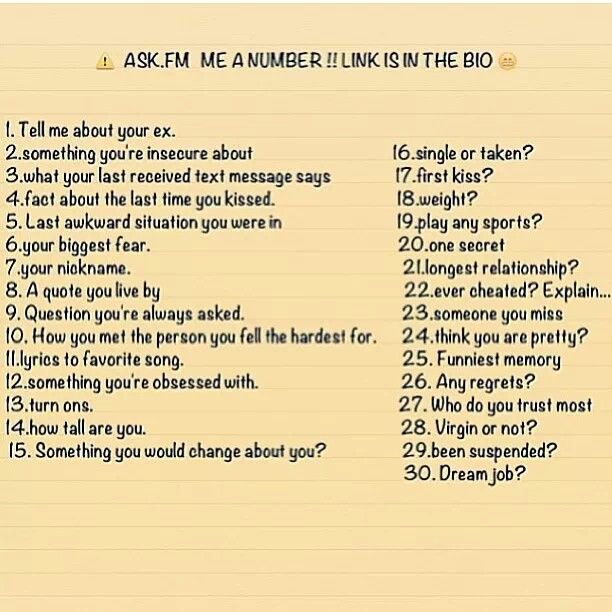
If they disagree with the way you dress, they might tell you so, or they could start slowly “changing your wardrobe” by buying specific outfits as gifts to you.
2.
They’re overprotectiveCaring for you isn’t the same as controlling you, though sometimes it may be difficult for you to tell them apart.
A partner may be overprotective if they question who you’ve gone out with, get upset if you don’t answer a phone call right away, or act jealous of your friends and family.
They may also assume that you’re only safe when they’re around, or they may ask you to consult with them every time you’re making a decision about your life.
A controlling partner may be on top of your medical appointments, draw a special diet for you, or advise you against that coworker they don’t like.
Any of these behaviors on their own might not mean anything in particular. But if your partner or spouse repeatedly acts this way and won’t take your interests, needs, and opinions into account, they might be trying to control you.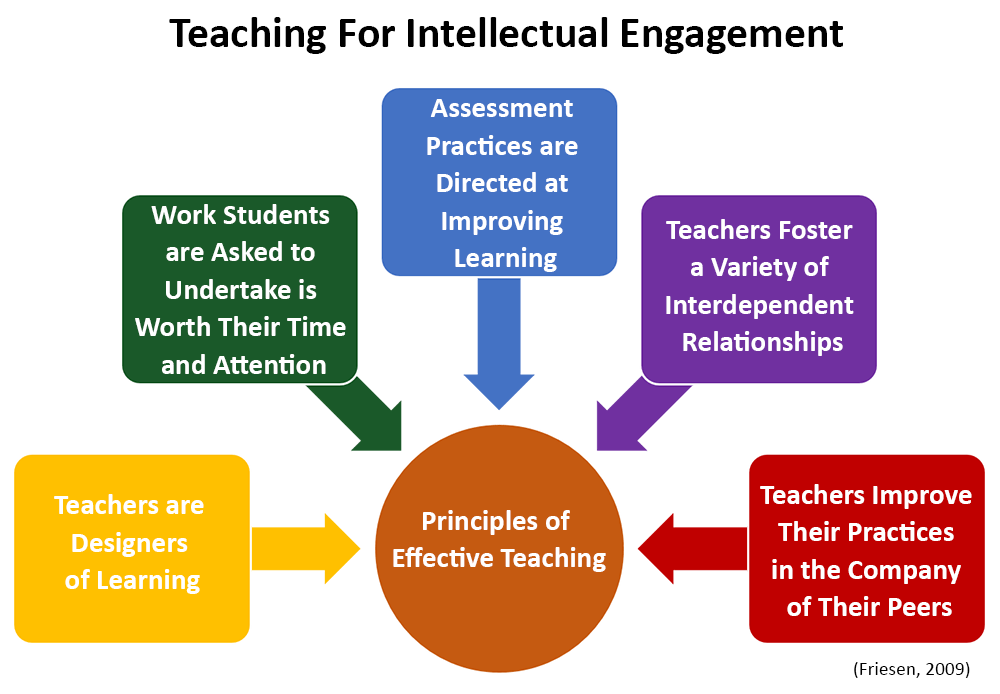
3.
They play the blame gameA controlling person can have a hard time taking responsibility for their actions.
You may confront a controlling boyfriend, only to find that they’ve somehow turn it back around on you. You may even find yourself apologizing for something you didn’t know you needed to be sorry for.
For example, let’s say you’ve been texting your close friend about your relationship difficulties. While you’re in the shower, your girlfriend goes onto your phone and reads those private messages, then gets mad at you for what they saw.
Instead of admitting that they invaded your privacy in the first place, they might shift the blame to you in order to avoid responsibility for their choices. This is a sign of controlling behavior in relationships.
4.
They criticize youThis is more than a careless remark here or there — after all, we all have our bad days.
Criticism can look like making jokes about you in front of other people, disparaging the way you dress, or always pointing out mistakes — like the one place you forgot to shave your legs or a little bit of dust you forgot to clean on the floor.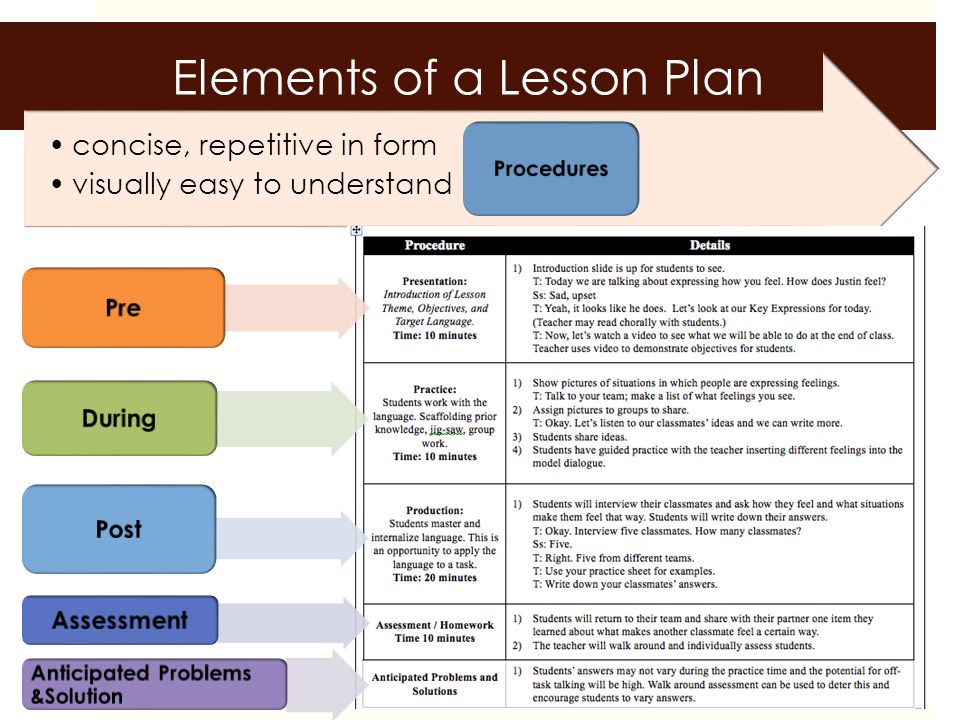
Over time, constant criticism can erode your sense of self-confidence, and it may also lead you to act in certain ways to avoid being criticized.
5.
They micromanage youA controlling romantic partner may try to prevent you from living your life as you typically would. They might:
- tell you what you can wear or how you should wear your hair
- pressure you to stay at a certain weight
- try to control your finances
- prevent you from getting medical care or seeing a therapist
- tell you when you can go to work or school
- hide your school or work materials from you
A controlling partner may also show this tendency in everyday situations. For example, they could:
- always ask you about your conversations when you hang up the phone
- check what you just got out of the fridge
- supervise what you buy at the grocery store
Isolating behavior can be subtle, like tuning out the conversation when you share stories about other people or giving you an eye roll when you answer phone calls.
It can also be more overt.
A controlling partner may complain about how much time you spend with other people, like friends or family. They may put down your loved ones or say that they’re a bad influence on you. They may even act in certain ways that create friction when your friends or family are around.
They can also isolate you by demanding your attention with a crisis, in order to prevent you from following through on plans with other people. They might give you the silent treatment whenever you choose to spend time with someone else.
7. They gaslight youThe term “gaslight” is inspired by the 1944 film of the same name. In it, a husband slowly leads his wife to believe she’s losing her mind by doing things like dimming the gaslights and then pretending that he didn’t.
A controlling partner may downplay an experience, like an angry outburst, and then accuse you of being overly sensitive. They may also say something hurtful, then follow it up with, “It was just a joke.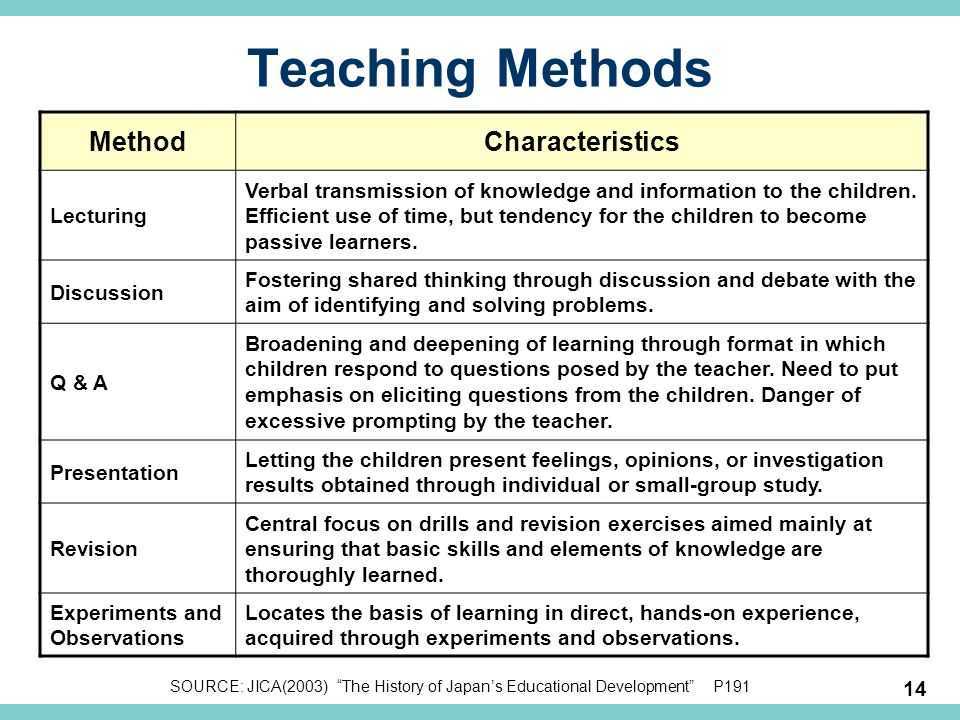 You’re being dramatic.” This is gaslighting.
You’re being dramatic.” This is gaslighting.
They may even deny saying things, lie to you or tell you that your gut instinct is wrong. At times, they may even ask you to seek help, saying that you’re losing your grip on reality.
8.
They invade your privacyA controlling partner may demand to see your recent chat history, or they may read your diary while you’re at work. They may also constantly ask what you’re thinking or how you’re feeling.
They may monitor your activity, like following you in their car, watching how many steps you take on Fitbit, or keeping track of what you’re doing through social media or searching on Google.
They may also ask to have your passwords and present it as “if you have nothing to hide, why wouldn’t I have those?” You have the right to your privacy and demanding you don’t is a sign of a controlling partner.
9.
They trespass on your boundariesIf you say “no” to something, a controlling partner may try to talk you out of it.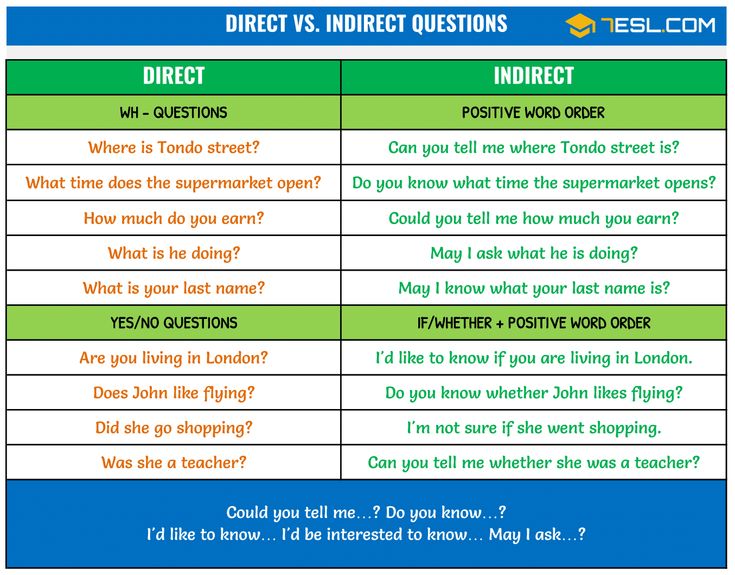 This can look like pressuring you to change your mind or arguing with you about why you’re wrong.
This can look like pressuring you to change your mind or arguing with you about why you’re wrong.
This goes for physical boundaries as well. For example, you make plans with someone else and let your partner know that you’re going to be unavailable, but your partner shows up at your house uninvited.
If you need to talk or if you feel unsafe in your relationship
You’re not alone. If you need support right now, you can:
- call or text “START” to the National Domestic Violence Hotline at 800-799-SAFE (7233)
- call the love is respect hotline (aimed at teens) at 866-331-9474 or text “LOVEIS” to 22522
Controlling behavior may actually be a defense mechanism for some people — an attempt to cope with a strained inner world.
Sometimes, people focus on trying to control outside circumstances when they’re frightened by what’s happening internally. They may be terrified of being abandoned, anxious about losing control, fearful of getting too close, living with relationship OCD, or feeling uncertain about what’s going to happen next.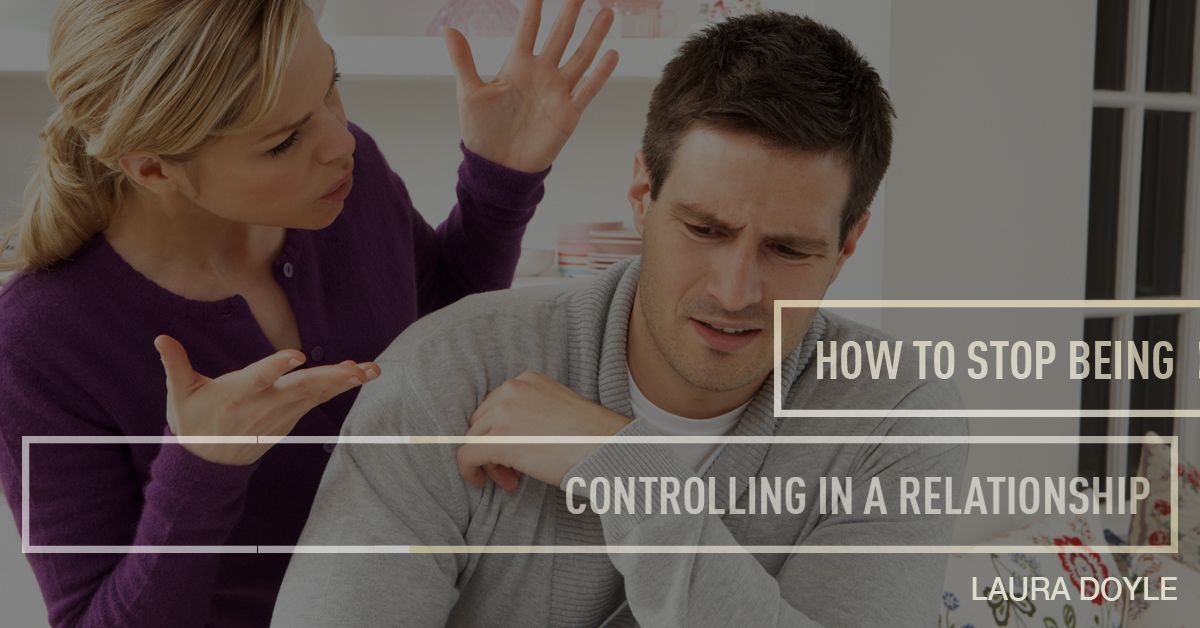
When someone behaves in a controlling way, they aren’t necessarily a “bad” person. This may be a clinical symptom of a mental health condition. For example, it may be a sign of a personality disorder, unresolved abuse or trauma, or depression.
However, this doesn’t mean you have to accept behaviors that hurt you or limit your free will. There’s help available for someone who behaves in controlling ways. But providing that support may not be up to you.
By being more aware of the underlying causes of their behavior, you can keep things in perspective and see what’s really going on: They may be in pain. Also, it’s not about you. There’s nothing “wrong” with you.
You deserve to feel at peace and free in all of your relationships.
Relationship woes? Our advice columnist wants to hear from you!
Submit your anonymous questions here for Sex, Love, and All of the Above from Psych Central sex and relationships writer Morgan Mandriota. Then subscribe to our weekly newsletter to find out if your question is featured.
In a way, a controlling partner and a codependent partner may be two sides of the same coin.
A controlling partner may demand all of the attention, and a codependent partner may assume this control is love and be willing to give them that attention.
Codependency, like controlling behavior, could be an attempt to cope with distressing situations.
The term refers to being “dependent” on another person and putting their needs before your own by engaging in people-pleasing behavior and caregiving.
Sometimes, codependent people may end up in relationships with controlling partners. They become controlling, too.
Change is possible, though. Reaching out to a mental health professional can help you learn to manage both controlling behavior and codependency.
Although childhood experiences may affect your adult relationships, you always have the chance to heal and improve your quality of life.
No matter how you feel right now, you can get your power back.
Someone else’s reaction to your boundaries isn’t your responsibility — it’s theirs.
To set boundaries in your controlling relationship, consider these tips:
- Use “I” statements. For example, “I feel uncomfortable when…”
- Ask for time to process requests. You can say, “I need some time to think about that.”
- Show your compassion, but continue with your plans. For example, “I understand that you feel upset when I go out with my friends, but this is healthy for me. Let’s talk about this later.”
- Negotiate and compromise to get your needs met. For example, “I will silence my phone on our dates, but the rest of the time it may be on. It’s important for me to be available to my loved ones.”
- Write down concerning conversations in a journal or in a notes app. Do this right after the conversations happen so that you have something to refer back to.
- Change the passwords on your devices, social media accounts, and email accounts.
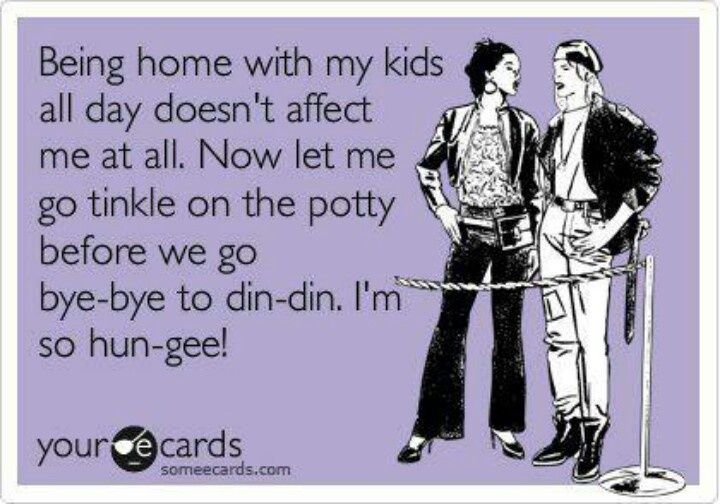 Feel free to say “no” if they ask that you share these.
Feel free to say “no” if they ask that you share these. - Keep nurturing other relationships, like trusted friends and family members. Keep in touch with them on a regular basis.
- Reach out to a mental health professional. They can offer guidance about the particulars of your situation. If you believe your partner is willing to put in the effort, invite them to couple’s therapy to discuss important topics in a safe environment.
It can also be helpful to adjust your expectations. You may want to reconsider staying in a relationship in the hope that maybe, one day, they’ll change. In order to heal, a controlling person has to want to change for themselves.
You may also want to focus on behaviors and actions instead of words.
A controlling partner may offer you change or make promises about the future. But if they’re not getting the professional help they need, it may be difficult for them to translate those words into actions.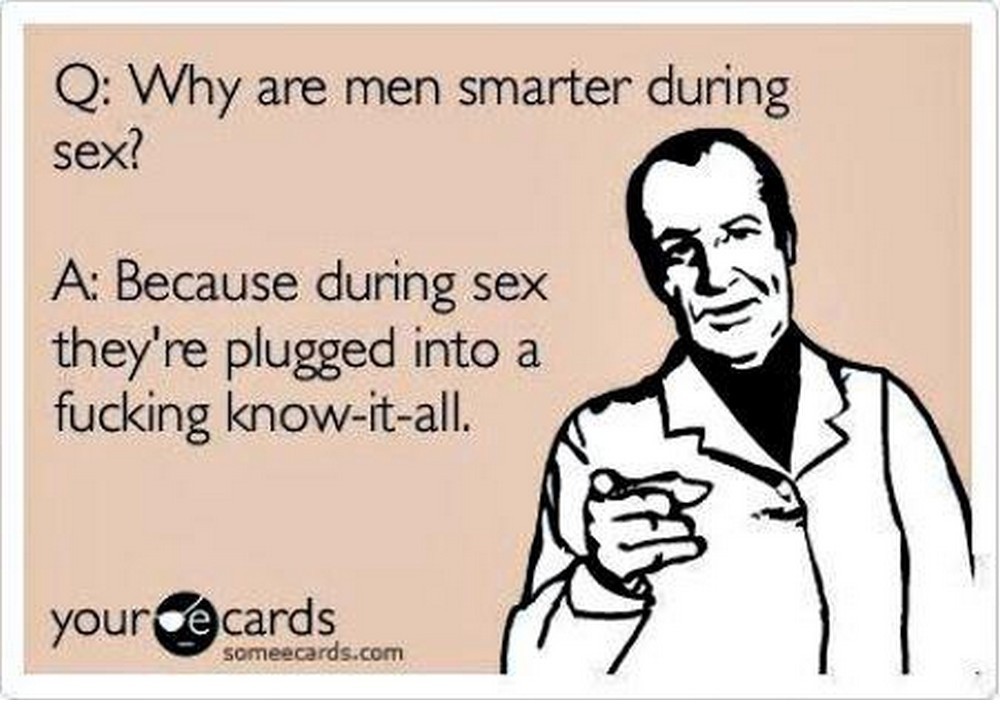
There’s a wide range of controlling behaviors. Some of these can be worked on and overcome with professional help.
Other behaviors might make you feel insecure and afraid, or they could threaten your safety.
These behaviors include:
- punching walls
- breaking or throwing objects
- bringing weapons into the house
- harming your children or pets
- saying they’ll hurt you (even if it’s disguised as a joke)
- threatening self-harm to prevent you from leaving
If you feel concerned for your safety, it’s important to create a safety exit plan and get help right away.
Consider these steps:
- Seek mental health support. You may want to search for local therapists and support groups. If you can’t leave just yet because your safety is at stake, a professional may be able to support you and monitor the situation.
- Reach out to someone you trust. Tell close friends or family members, as long as they’re trustworthy.
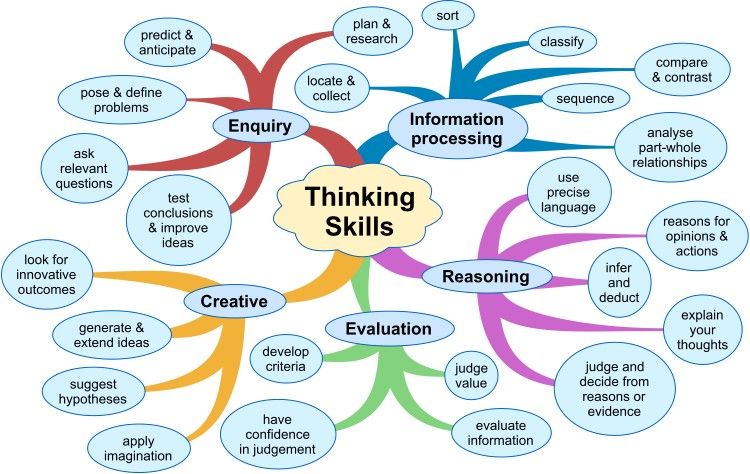 You can also reach out to a spiritual leader, like a pastor or rabbi, if that feels more comfortable.
You can also reach out to a spiritual leader, like a pastor or rabbi, if that feels more comfortable. - Remove your personal belongings. If you share a home with a controlling partner, start to move your personal belongings to a safe location a little at a time. If you need to move out all at once, bring people with you and let friends and family know where you are. Avoid moving out by yourself, if possible. You may also consider leaving your things behind until it’s safer to return. In this case, you may want to only take important documents.
- Move to a safe place. Be sure to keep your location secret. Stay in a safe place, like a family member’s home, a friend’s spare bedroom, or a shelter in your local area.
The signs of a controlling partner include isolating you from loved ones, criticizing you, giving you the silent treatment, and gaslighting.
Being in a controlling relationship can be a confusing and overwhelming experience.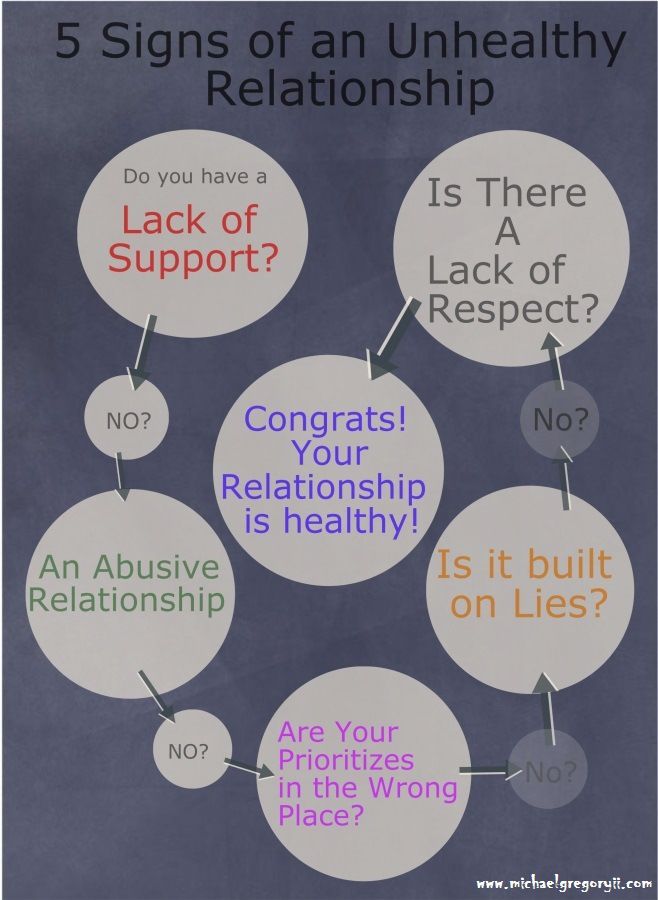 But you don’t have to go through this on your own. Help is available.
But you don’t have to go through this on your own. Help is available.
Consider these resources for more information:
- National Domestic Violence Hotline
- love is respect
- Pathways to Safety International
- National Center for Victims of Crime
- National Suicide Prevention Lifeline
- Casa de Esperanza
You will get through this. Take it one day — one moment — at a time.
8 signs that will help you define the boundary between care and control in a relationship / Bright Side
There is a fine line between sincere care and total control, which can be so blurred that it is almost impossible to understand the true intentions of a partner. But if your partner's supposedly caring behavior makes you feel guilty, fearful, or inferior, be careful: you may be being manipulated.
ADME is always ready to help. That's why we delved into this difficult topic and found out when caring really hides the desire to dominate.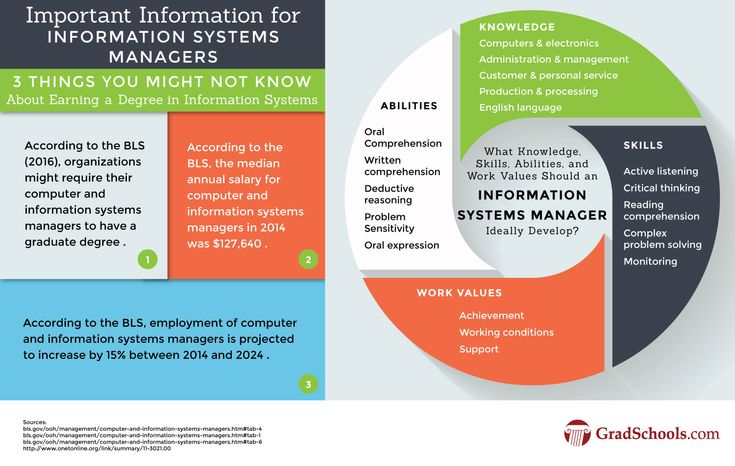
1. Only one of the parties is ready to make concessions
Compromises come from those who are ready to meet each other halfway in order to resolve a disputed situation. If only one person satisfies the requirements of another to the detriment of his own needs and feelings, this relationship is unlikely to last long. A truly caring partner tries to do everything possible to find a common language with a significant other, while a controlling partner usually ensures that everything is the way he wants. And your feelings and desires are not taken into account.
2. Established agreements are observed only unilaterally
Each couple has its own rules and regulations. When one of the partners begins to neglect them, continuing to demand their fulfillment from the other half, there is no trace of a caring attitude.
3. Talking to a dominant partner is like walking through a minefield
A caring environment encourages interlocutors to openly discuss their needs and feelings. But if you're afraid to express yourself because you might be rebuked instead of engaging in dialogue, be careful: you're most likely at the mercy of a controlling partner. Such a person admits only that he is right, does not apologize and does not take responsibility for his actions.
But if you're afraid to express yourself because you might be rebuked instead of engaging in dialogue, be careful: you're most likely at the mercy of a controlling partner. Such a person admits only that he is right, does not apologize and does not take responsibility for his actions.
4. You are criticized for every little thing and made to think that it is supposedly for your own good
A complaint made against you may not even sound like criticism. At first, you may get the impression that your partner cares about you and is genuinely trying to help you. Only now, if he does this constantly and for any reason, this is a clear sign of excessive control in the relationship. Speaking negatively about your decisions, actions, relationships with family and friends, or, for example, clothes, this person is not trying to improve your life. In fact, it undermines your confidence in yourself and your ability to make decisions and act independently.
5. A partner violates your personal boundaries
There is nothing strange in the fact that the second half asks you to share something intimate with her.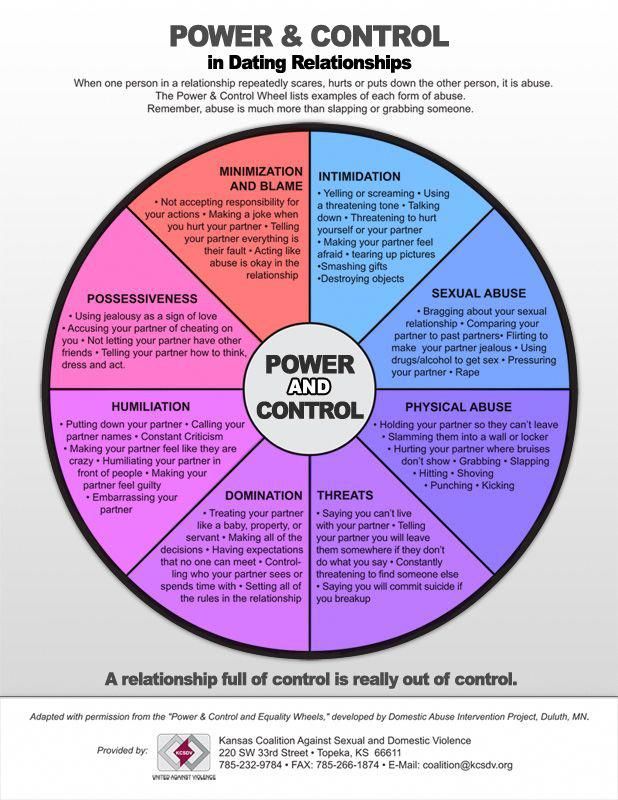 You can always agree or refuse. But a person who demands to tell what you would prefer to keep secret is unlikely to care about your feelings. Most likely, this is how he wants to learn more about you and your vulnerabilities, so that it would be even easier for him to keep you under control.
You can always agree or refuse. But a person who demands to tell what you would prefer to keep secret is unlikely to care about your feelings. Most likely, this is how he wants to learn more about you and your vulnerabilities, so that it would be even easier for him to keep you under control.
6. You are prevented from moving towards your goals in school and at work, because they allegedly do not want others to offend you
When a loved one sees that the other half has great ambitions (for example, professionally or academically) but lacks the experience and skills to realize them, they usually motivate them to work on their weaknesses. The controlling partner in such a situation does not provide the necessary support and makes you doubt yourself, hiding behind the fear that you will be disappointed if you fail.
7. Partner interferes with your relationships with friends and family
It is much easier to gain control over a person who does not maintain contact with friends and relatives. In such a situation, the victim does not dare to break off the romantic relationship, which only plays into the hands of the manipulator. If the partner has good intentions, then in case of doubt, he will warn about the toxic environment, but will never forbid you to communicate with anyone.
In such a situation, the victim does not dare to break off the romantic relationship, which only plays into the hands of the manipulator. If the partner has good intentions, then in case of doubt, he will warn about the toxic environment, but will never forbid you to communicate with anyone.
8. Feeling that you are under constant control
Relationships should in no way diminish your importance, create a threat or cause negative emotions. A caring partner listens, understands, accepts and sincerely loves his soul mate. But if you are constantly given conditions and threatened with separation, instilling a sense of guilt, it is highly likely that you are being controlled.
Have you ever experienced similar relationships? Do you know other signals that can be used to recognize controlling behavior? We will be glad to your comments.
Bright Side/Psychology/8 signs that will help you define the line between caring and controlling in a relationship
five signs that you have a controlling boyfriend and what to do about him |
Relationship Control
If you are reading this article and thinking, "Am I in a controlling relationship?" you are in the right place to find out the truth.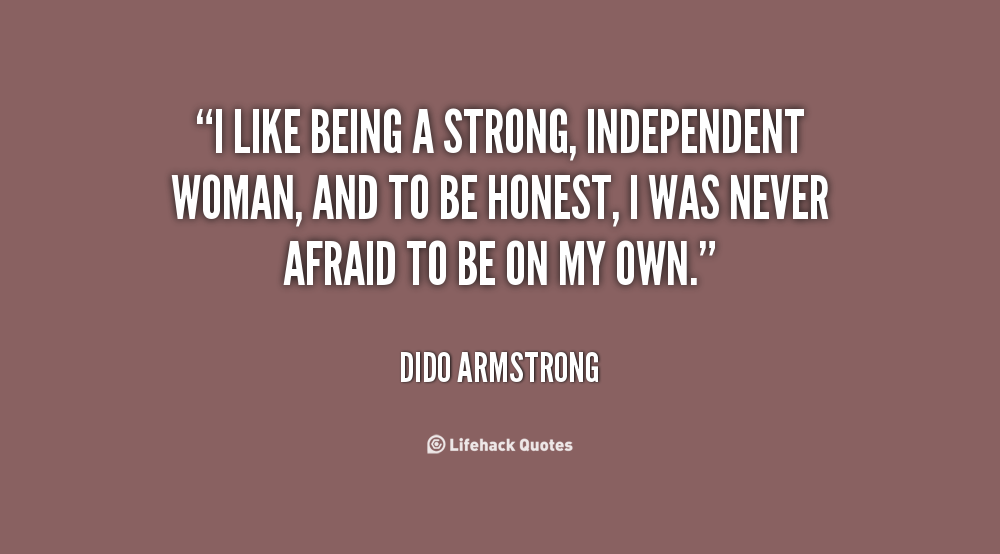 First, we need to define what it means. A controlling relationship is a relationship in which a person dominates or engages in bullying their partner. It can happen to anyone.
First, we need to define what it means. A controlling relationship is a relationship in which a person dominates or engages in bullying their partner. It can happen to anyone.
If you have a boyfriend who controls you, he may carry out these behaviors through emotional sexual or physical abuse. In some cases, they will use all of the above. If you think about your partnership and find that you didn't realize that your boyfriend was in control from the start, don't blame yourself. Often the controlling person pretends to be someone they are not at the beginning of the relationship. They deceive the other person and make him believe that he is relaxed. If someone immediately shows that they are in control, the other person is likely to leave.
However, if you've been with someone for a while and the manipulation and control started slowly, you'll be caught off guard and most likely stay. It's a heartbreaking situation, and it's not your fault anyway. There are some warning signs to look out for if you think you might be in a controlling relationship. Today we are going to talk about emotional abuse as well as five signs that you have a controlling boyfriend and what to do about it.
Today we are going to talk about emotional abuse as well as five signs that you have a controlling boyfriend and what to do about it.
Source: rawpixel.com
Red flags
One red flag - if your boyfriend doesn't trust you and is constantly staring at your phone. They keep track of who you talk to or write to, and may even look at your phone bill to see who you've called. If your boyfriend doesn't ask for permission to look at your phone and just takes it, that's unacceptable and he's in control. A controlling guy will get in the way of your independence and will dominate until he takes full control of the relationship. In healthy relationships, people have their own separate lives. They have their own hobbies, their own work, their own friends, and so on, and each person trusts the other to be with these friends or work on their own, without having to check and approve every little thing. Of course, relationship dynamics vary from couple to couple, but one thing is always true in a healthy relationship - trust and care, not control or dominance.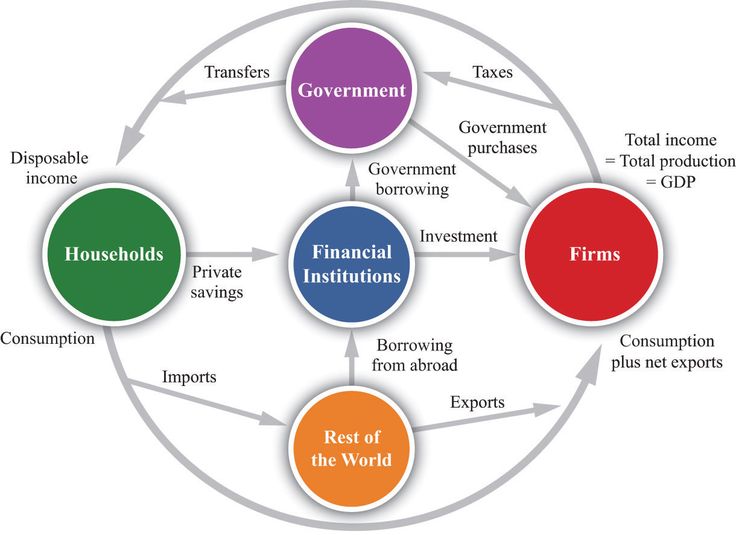
Emotional abuse
Emotional abuse is a common form of abuse in relationships. This occurs when a person actively attempts to humiliate, belittle, or harm their partner through methods such as name-calling, insults, victim blaming, and gaslighting. They often try to lower your self-esteem or self-confidence. The abuser uses emotional abuse to tire their victim and maintain control of the relationship. This can be especially true in a dynamic where the partner initially has healthy self-esteem because the controlling guy wants to destroy it to make sure they can take control of their partner. They want to take advantage of your insecurities. Abuse is a never ending cycle and the reason people stay in an abusive relationship is because the partner is not outwardly violent all the time.
Abuse cycle
You may be wondering why someone stays in an abusive relationship. If you're in an abusive relationship, it's likely that your abuser isn't always unkind, because in an abusive relationship, abuse is a cycle.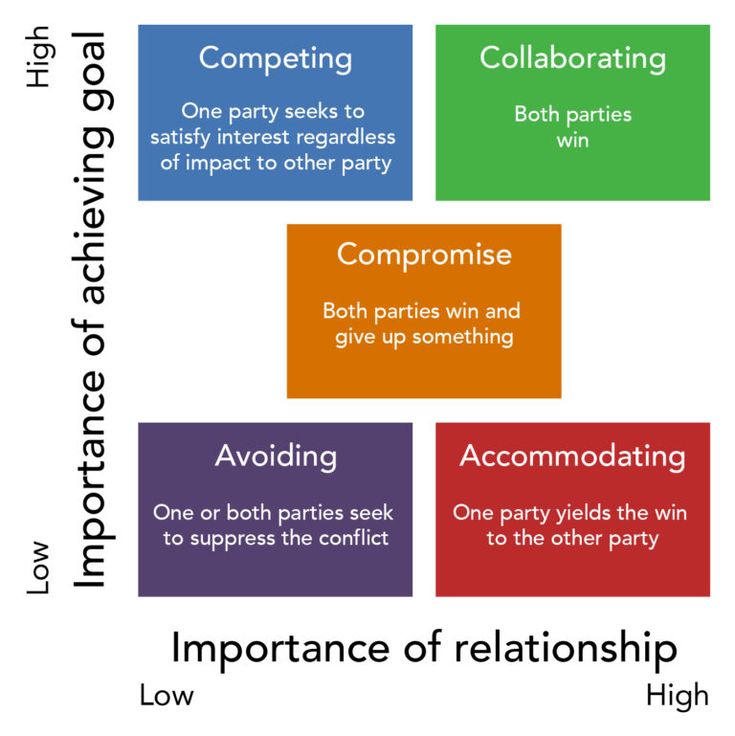 For example, the controlling guy isn't always violent; he will move from manipulation, gaslighting, and name-calling to kindness and apology. Their partner will be confused and not know how to deal with this behavior and they will stay in this cycle of abuse because their significant other seems remorseful.
For example, the controlling guy isn't always violent; he will move from manipulation, gaslighting, and name-calling to kindness and apology. Their partner will be confused and not know how to deal with this behavior and they will stay in this cycle of abuse because their significant other seems remorseful.
Negative effects of controlling relationships
Source: rawpixel.com
Associating with a controlling partner or boyfriend can have a long-term negative impact on a person's self-esteem and mental health. It has been scientifically proven that abuse deeply affects the brain of the victim. Trauma literally changes people's brains, and if you live or have experienced the trauma and stress of emotional abuse, your brain will suffer. You may experience symptoms such as:
- Depression
- Alarm
- Panic attacks
- Feeling of hopelessness or worthlessness
- Pain in the stomach or other problems with gastrointestinal tract
- .
 .
.
Recognizing a controlling relationship
Once you realize that you are in a controlling relationship, it's time to get out of it. This is not a situation you want to remain in because the abuser has psychological issues and they need to change; you cannot change them. Once the controlling guy realizes that his partner wants to leave, he will do anything to get him to stay. They ask for forgiveness or become more violent. They threaten their persona to stay. They try to get rid of their girlfriend's support system in order to feel isolated and not end the relationship. They may keep them from seeking help or seeking help from a clinical specialist.
You may also see attempted financial abuse in this situation. Financial abuse is present in many abusive relationships. This is where your partner makes it hard to end the relationship by preventing you from accessing financial resources. They directly steal your money, intimidate you to save them from financial trouble, control financial assets, or open your documents such as bank statements.
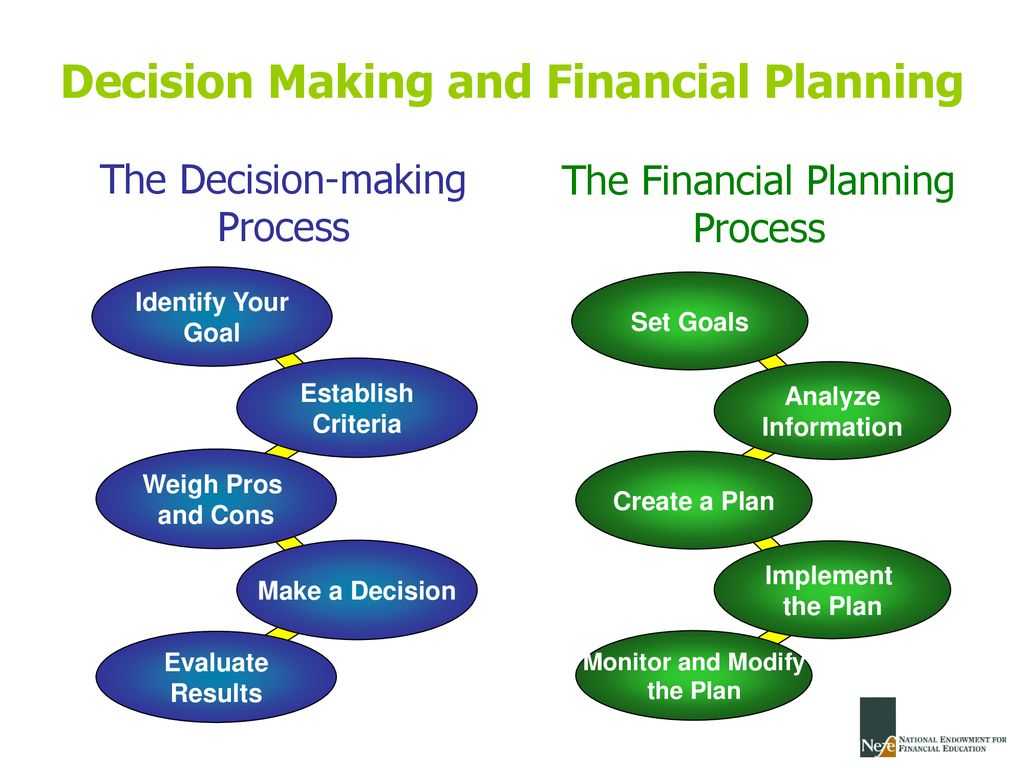 Your boyfriend feels entitled to the money you have. They constantly interfere with your job or her ability to get the job done. If this happens, it's a serious problem in an abusive relationship and you need to look into it.
Your boyfriend feels entitled to the money you have. They constantly interfere with your job or her ability to get the job done. If this happens, it's a serious problem in an abusive relationship and you need to look into it. Five signs that you have a controlling boyfriend
Here are five signs that you have a controlling boyfriend:
- Social isolation
Your controlling boyfriend is actively trying to isolate you from your support system. You find yourself not spending much time with your loved ones, and your boyfriend can follow the rules when you need to be at home. He may not allow you to spend time with anyone at all and may impose negative thoughts on you about your support system.
- He is the center of your world and does not allow others to enter into it.
In someone's life they should not be surrounded by only one person. If your boyfriend wants to be your everything and is jealous of other people, that's a big red flag.
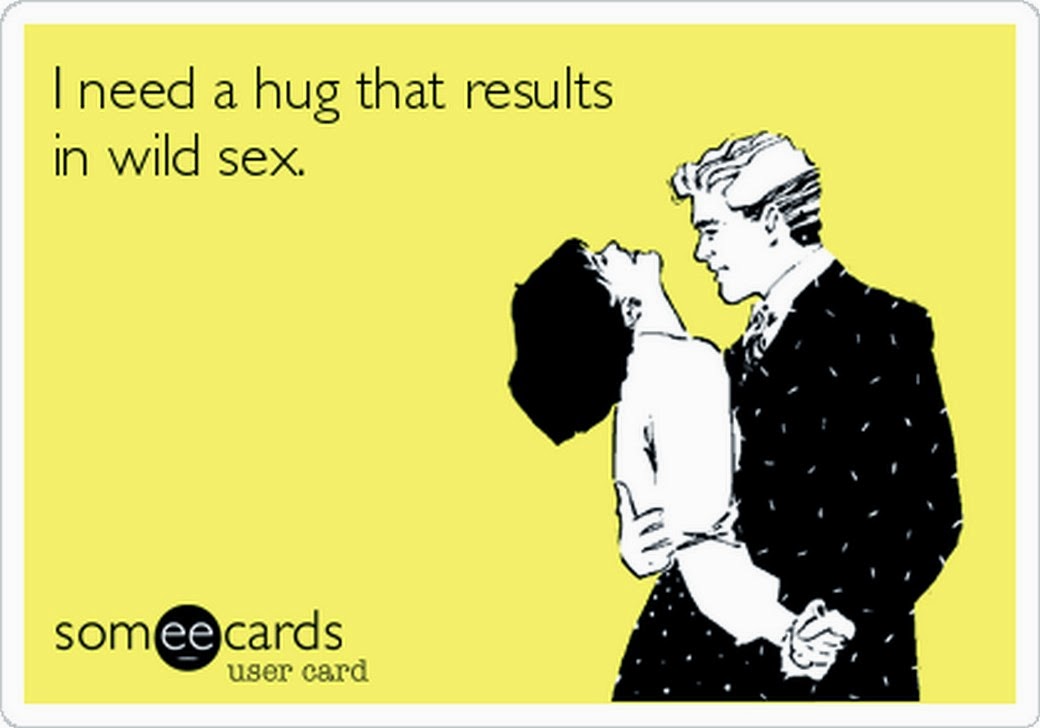 If you find yourself isolating from people close to you, such as your best friend, this is a sign that you may have a controlling boyfriend. Your boyfriend doesn't have to be the only person in your universe.
If you find yourself isolating from people close to you, such as your best friend, this is a sign that you may have a controlling boyfriend. Your boyfriend doesn't have to be the only person in your universe. Source: rawpixel.com
- Constantly saying 'sorry'
When you constantly apologize to your partner or boyfriend, it's a sign that you have an unhealthy dynamic. It makes you feel like you are doing something wrong. Many people with anxiety disorders apologize because of their fears. However, if your boyfriend reinforces your insecurities by controlling you, those apologies come from somewhere else inside you. They come from pain or a need for love and acceptance that you don't get in your relationship.
- Conditional love
You must have unconditional love in a relationship. You agreed to love each other for who you are. This does not mean that you can treat someone badly; it means that you respect each other and accept each other for who you are.
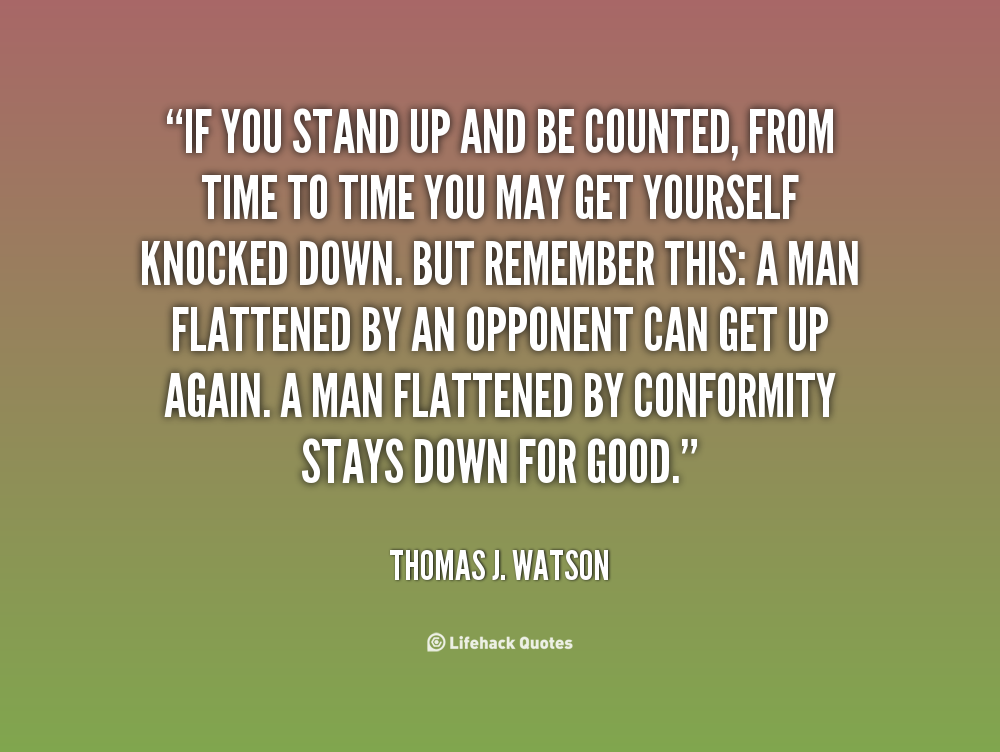 On the other hand, conditional love means that he only loves you if you act or look a certain way. This is the main sign that the controlling guy is at play here; you feel that you must please him all the time, and that if you do not, he will not love you.
On the other hand, conditional love means that he only loves you if you act or look a certain way. This is the main sign that the controlling guy is at play here; you feel that you must please him all the time, and that if you do not, he will not love you. - Infantilize or treat you like a child
Your partner treats you not as an independent adult but as a child. So he infantilizes you, tells you what to do, makes you feel like you don't know what you are doing or how to make your own choices, condescends or patronizes you, and tries to organize your life. You are not a child and do not deserve to be told what to do. If you find your boyfriend acting this way - trying to tell you what to wear, who to see, if he's condescending to you - it's a sign that he's in control.
Controlling relationships are destructiveSource: rawpixel.com
Finding yourself in a controlling relationship can be emotionally destructive and harmful to your life.
 It is important to confront this problem and deal with problems that may arise. Look at the relationship and determine which parts are in control to understand what you need to do to end the relationship or make it healthier. One way to deal with these issues is to go to therapy with your partner. In some cases this is not hopeless; maybe he's acting jealous because he doesn't know how to behave in a relationship and may have scars from the past. The key to this situation is that you feel completely safe and that he shows a sincere, consistent effort to change. If so, then you can go for couples counseling. Online counseling can help, and ReGain's trained counselors are ready to help you navigate these issues and make sure you're getting the most out of your relationship.
It is important to confront this problem and deal with problems that may arise. Look at the relationship and determine which parts are in control to understand what you need to do to end the relationship or make it healthier. One way to deal with these issues is to go to therapy with your partner. In some cases this is not hopeless; maybe he's acting jealous because he doesn't know how to behave in a relationship and may have scars from the past. The key to this situation is that you feel completely safe and that he shows a sincere, consistent effort to change. If so, then you can go for couples counseling. Online counseling can help, and ReGain's trained counselors are ready to help you navigate these issues and make sure you're getting the most out of your relationship. Frequently Asked Questions (FAQ)
What are the warning signs of a controlling guy?
There are many signs of a controlling boyfriend or controlling partner.
 Some of these include:
Some of these include: - Talking badly about friends and family and making you feel like you have to agree with him
- Not allowing you to leave your house freely
- You feel bad about not inviting him to a party with girls.
- Forcing you to spend time with him instead of friends and family
- Not having male friends
- Body language that clearly shows that he is upset when you want to do things without him.
- Saying not to meet with male colleagues for meetings outside the office.
- Controlling diet and other health issues
- Not allowing short skirts to be worn outside the home
- Saying you can't hang out with friends because he'll be home alone
- Insist that you spend all your free time with him
- Do not let you go at happy hour after work without him
- Feel like you live with your parents when you're on vacation) he constantly calls and tries to take time with his family and friends.

Why is my controlling partner taking over my life?
When you have a controlling partner, he will display moderate to extreme controlling behavior. Controlling behavior often comes about because your controlling partner is unable to control something in their life. In turn, your boyfriend is in control of your life, so he feels like he's in control of something important. However, this scenario often backfires when your controlling partner tries to take over your entire life and decision-making factors.
At first, signs of a controlling partner may be small. He may say he will miss you and wish you didn't leave, or insist that you cancel plans with a friend in order to be with him.
Far more serious and more important controlling behavior would be refusing to let you leave the house without him, or controlling your choice of food and clothing.
My boyfriend loves me, but is he too controlling?
True love consists of trust.
 It is important to understand that if you feel like he is in control of your personal and personal life, you may have a controlling partner. You should never feel like your boyfriend is controlling you. This is not true love.
It is important to understand that if you feel like he is in control of your personal and personal life, you may have a controlling partner. You should never feel like your boyfriend is controlling you. This is not true love. Controlling partners make you feel like you are indebted to them all the time, and they want to control all of your decision-making abilities. If you see signs that you are in a controlling relationship, you may want to leave before the signs of a controlling partnership get much worse.
There are always signs that your partner is overly in control; however, you may not immediately catch them. The National Domestic Violence Alliance states that most domestic violence relationships begin with subtle signs that your partner wants to control you.
These signs of a controlling romantic relationship can be scary, but if you feel like your partner is already trying to control everything you do, it might be time to end the relationship before it's too late.
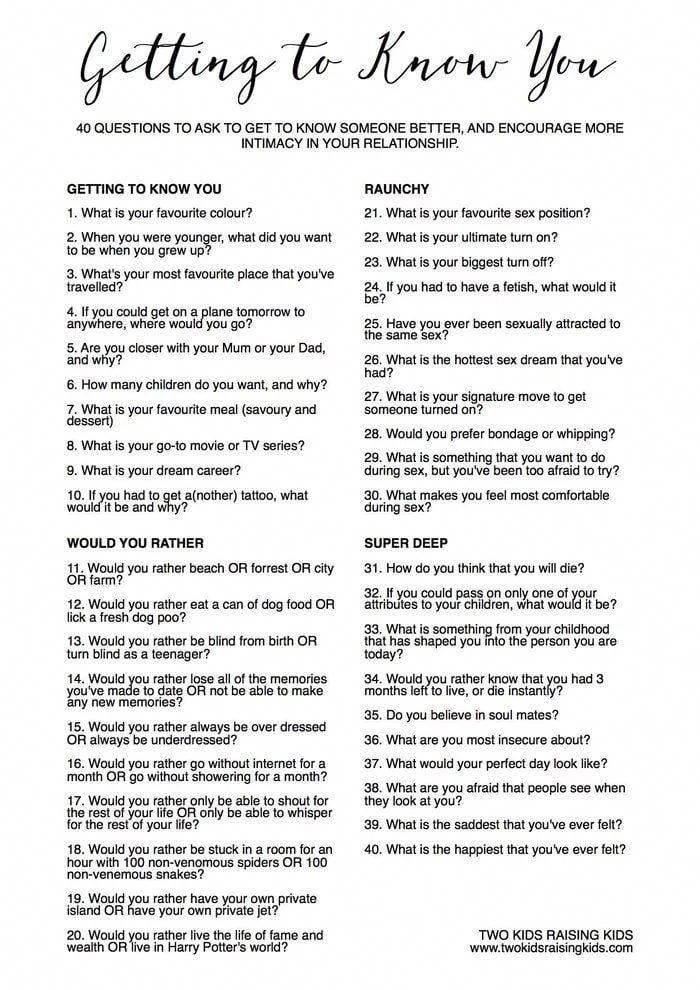
What is controlling in a relationship?
A controlling person is one who exercises dominion over another person in an unhealthy and selfish way. The dominance of controlling people is toxic and it is done for their own benefit. Rest assured that controlling people are not just & ldquo; want what & rsquo; better for you ” it doesn't matter what they say. Leaders want to feel power. People management may try to isolate you from friends and family, or decide which of your family and friends you can talk to, try to change or control how you look or dress, and constantly control what you do and who you are? talking with. Controlling people may try to make you believe that they are always right (regarding their control). For example, if your partner is in control, he might say that he is "only telling you to act, behave, or make choices according to what they think, because they 'know what's best for you.' To control people, gaslighting can even be used as a tactic to make you feel crazy.
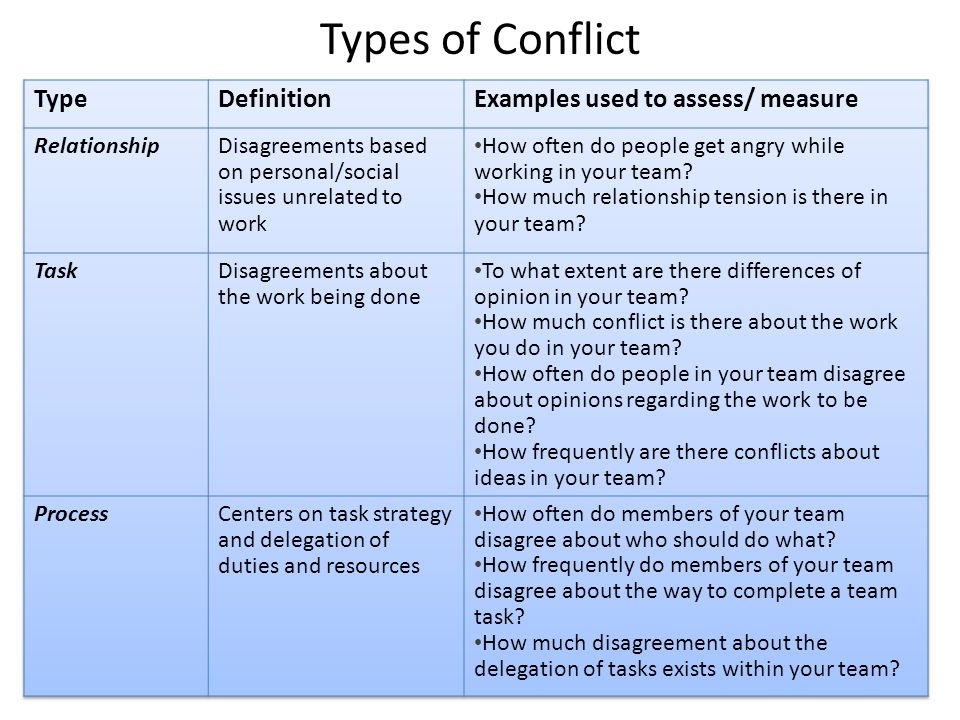 Also, a controlling partner can make them feel like you owe them something or make you feel guilty in order to get what they want. Especially if your partner is in control and you're in a long-term relationship, this can have negative mental health consequences over time. If your partner is showing less of a controlling behavior that may not be intentional, talk about it. For example, if your boyfriend needs to constantly check your phone, talk to your boyfriend. If he understands, apologizes, and stops or agrees to couples therapy, and that was the only real sign that you are in control of the behavior in your relationship, you can probably handle it.
Also, a controlling partner can make them feel like you owe them something or make you feel guilty in order to get what they want. Especially if your partner is in control and you're in a long-term relationship, this can have negative mental health consequences over time. If your partner is showing less of a controlling behavior that may not be intentional, talk about it. For example, if your boyfriend needs to constantly check your phone, talk to your boyfriend. If he understands, apologizes, and stops or agrees to couples therapy, and that was the only real sign that you are in control of the behavior in your relationship, you can probably handle it. What is a toxic relationship?
Simply put, a toxic relationship is something that doesn't work for you. Controlling partners are things that can make a relationship toxic, as can fickle arguments, an unhealthy sense of competition, lack of support, undermining, or partners who seem set to make you feel bad—even if they don't.
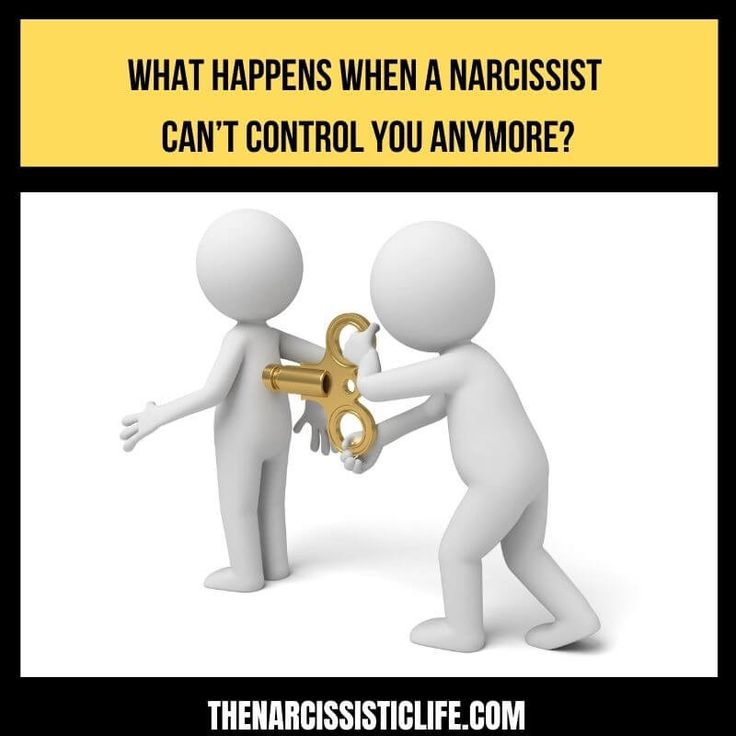 So. always open. Note that insult and toxicity are not the same thing. Toxic relationships can include fights and less-than-healthy habits, but abuse goes beyond that. A toxic relationship won't always be abusive, but abusive relationships are always deeply toxic. If emotional abuse, physical abuse, or sexual abuse is present, it's time to leave. Abuse is about power and control. If your partner is in control, that's a huge red flag that you shouldn't ignore. Again, when it comes to controlling people and partners, get out before it gets worse. The abuse and control can get worse over time, and you'll want to leave now.
So. always open. Note that insult and toxicity are not the same thing. Toxic relationships can include fights and less-than-healthy habits, but abuse goes beyond that. A toxic relationship won't always be abusive, but abusive relationships are always deeply toxic. If emotional abuse, physical abuse, or sexual abuse is present, it's time to leave. Abuse is about power and control. If your partner is in control, that's a huge red flag that you shouldn't ignore. Again, when it comes to controlling people and partners, get out before it gets worse. The abuse and control can get worse over time, and you'll want to leave now. Emotional abuse can leave emotional scars for a long time. Emotional abuse can involve control, blackmail, make you feel guilty so you do what they want, call names, be mean, pick fights, make you feel worse, isolate you from friends and family, manipulate and force you feel like you're walking on eggshells. Physical abuse and situations where you are emotionally abused often progress over time.
 A relationship with an abusive, controlling person can start out as romantic if there is a lot of love bombing involved. Over time, abusive and controlling people tend to exert more and more power over you. As you experience this, the cycle may leave you feeling confused (“Why are things sometimes good and others bad?”) Or you may feel that their emotionally abusive behavior isn’t all that bad.” ("Things aren't always bad, so I'll stay" & rdquo;). Again, by controlling people, you can make you feel that their behavior is justified. If you have been emotionally abused in the past, seeing a psychologist or therapist can help you through the healing process.
A relationship with an abusive, controlling person can start out as romantic if there is a lot of love bombing involved. Over time, abusive and controlling people tend to exert more and more power over you. As you experience this, the cycle may leave you feeling confused (“Why are things sometimes good and others bad?”) Or you may feel that their emotionally abusive behavior isn’t all that bad.” ("Things aren't always bad, so I'll stay" & rdquo;). Again, by controlling people, you can make you feel that their behavior is justified. If you have been emotionally abused in the past, seeing a psychologist or therapist can help you through the healing process. It's okay to feel guilty or feel like you're overreacting & rdquo; because the controlling person may exhibit covert controlling behavior or manipulate you, sometimes very covertly, so as not to see how bad things really are. Nobody deserves to be abused. If you have an abusive or controlling partner, you can visit the nationwide domestic violence hotline website, use its web chat option, or call the hotline at 1-800-799-7233.
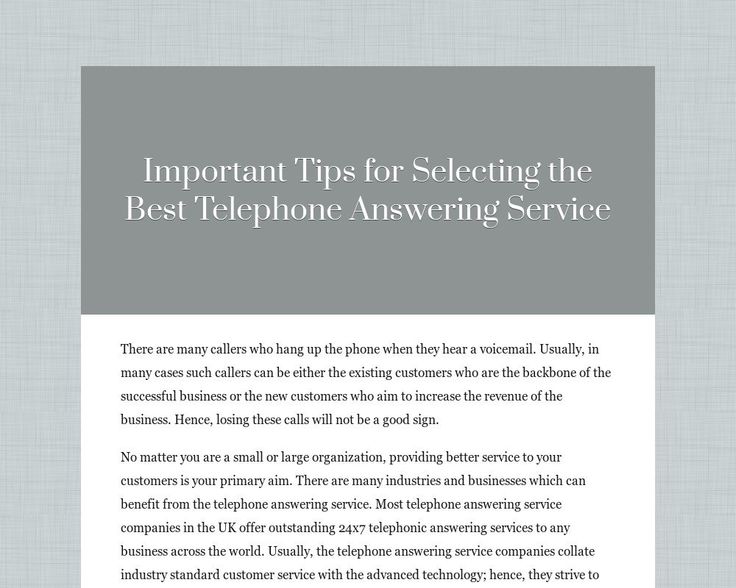 Deep down you may have a feeling that something is not right, and if you have this feeling, it is likely that you are right. Don't be shy or put off calling a hotline, putting together a safety plan, prompting friends and family if applicable, or safely leaving an abusive partner. Listen to your intuition. There is hope.
Deep down you may have a feeling that something is not right, and if you have this feeling, it is likely that you are right. Don't be shy or put off calling a hotline, putting together a safety plan, prompting friends and family if applicable, or safely leaving an abusive partner. Listen to your intuition. There is hope. Why am I so in control of my relationships?
The controlling person or people can compete for control for a number of reasons. If you know you're in control, you can spend a lot of time feeling embarrassed, guilty, or wondering why you're doing it. It's not your zodiac sign or a trait you can't work on. Common psychological reasons for behavior control are low self-esteem, whether the controlling person has secret low self-esteem or known low self-esteem, feelings of inferiority, and past situations where they felt out of control. If you are controlling or exhibiting controlling behavior, a counselor or therapist can help you get to the root of the problem so you can address it and stop using the behavior.

